"The strengths of PORTER" is a tool that allows us to anticipate market developments that could endanger the competitive advantages of our product or service, which will allow us to establish investment and innovation strategies. again, this is a global vision and not only on the padel.
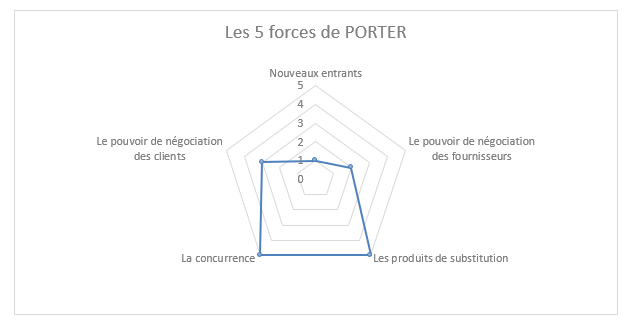
The competition:
We can see that the intra-sector competition of the brands is tough. At the level of the 4 brands: Decathlon, Intersport, Go sport, Sport 2000, occupy 65% of the market share of sporting goods. To distinguish themselves from the competition, the brands create their own brands in all types of sports article families: sports clothing and shoes, equipment for snow and water sports, individual and team sports equipment. . These brands use different channels specializing in the distribution of sports articles such as large and medium-sized multi-universe / multisport stores, brands specializing in a particular universe or sport (Veloland, official club stores), sportswear brands-brands ( adidas, nike), sports shoes and multi-brand sportswear brands (running, foot locker).
Finally, competition can be analyzed in other sports distribution channels such as specialized supermarkets (Leclerc), pure players specialized in one or more sporting worlds (Privatesportshop), pure general players (Amazon, C-Discount), ready-to-wear signs and shoe stores (Kiabi), department stores (Galeries Lafayette).
The bargaining power of customers
The influence of customers on a market depends on the price, terms of sale, and services offered. This will influence the customer, his choice of sign. If we position ourselves as B2C, we observe that the latest trends of the brand are to offer more and more choices of products. In addition, the segmentation of Decathlon's own brands has been reworked, which can disrupt the consumer's experience.
New entrants
Currently, the world leaders in tennis product sales are Babolat, Wilson and Head. The barriers to entry are therefore very marked in terms of innovation and know-how in the production of tennis sporting goods. Babolat is the precursor of the connected racket allowing to collect, transmit, analyze and share the data of his game. These are real personal “data” which make it possible to dispense with a possible coach in order to progress.
In terms of innovation, Artengo stands out a little more on its anti-vibration rackets which limit tennis elbow thanks to its Softfeel technology which “attenuates” more vibrations compared to current rackets. In this technological field, competition is still quite strong.
Consumer loyalty for Babolat is important because its brand image is very strong because of having great champions playing with this brand. These are 300 players under contract, including 150 over 18 and 150 under 18. It is boys and girls of all nationalities who contribute to the visibility of the brand.
Artengo can only progress in terms of this visibility that it lacks. Contracts with very high level players are a weakness compared to those of Babolat. Nicolas Escudé is the pioneer of the Artengo brand and Steve Darcis (best ranking 38rd world) are high-level players who are in contract with it. So it's a big weakness for Artengo when comparing him to Babolat on contracts to represent the brand.
Substitute products
Regarding substitute products, the potential threat could come from the emergence of new racquet sports such as padel, or Beach tennis.
Today, 84% of licensees know the Beach tennis and 21% of them have already played or play regularly.
Relative to padel, 79% of license holders know this sport and 16% have already played or play regularly.
Currently, the interest in these two types of activities is not very high, they are respectively 3,6 and 3,9 / 10 depending on the union sport and cycle. However, the padel knows an undeniable potential, it would be more suitable for a complementary practice of tennis. 58% would use it for leisure or with friends and 39% would register for the club in addition to playing tennis.
The development of the markets for these sports should be watched because the practice of padel is more and more frequent, it affects all age categories and makes it an easily accessible sport for people practicing other sports. In addition the French federation of padel is affiliated with that of tennis and the future plans of the clubs are to build courts. It will be even more necessary to be vigilant on other brands which start to produce this type of racket like Rossignol or adidas.
These alternative products are another major threat to the tennis racket market. The emergence of these new disciplines could shift loyal customers to tennis in these other sports.
The bargaining power of suppliers
If we study the bargaining power of suppliers, Decathlon would be one of the brands least impacted by this negotiation for two reasons. On the one hand it is a retail brand, the bargaining power will be all the more important due to the amount purchased from brand manufacturers.
On the other hand, it has its own distribution chain thanks to its large number of passion brands which it manages the design, manufacture and distribution. The vertical integration allows Decathlon to obtain a much better control over the supplies, costs, qualities etc ... that is why the company focuses more on the upstream of the verticality that is to say on the design and innovation of new products. Decathlon aims to create all its own brands for each sport on the horizon of 2020, the company will no longer interact with brands and will differentiate completely from other stores that they will continue to negotiate.
Franck Binisti discovers the padel at the Club des Pyramides in 2009 in the Paris region. Since padel is part of his life. You often see him touring France going to cover the major events of padel French.

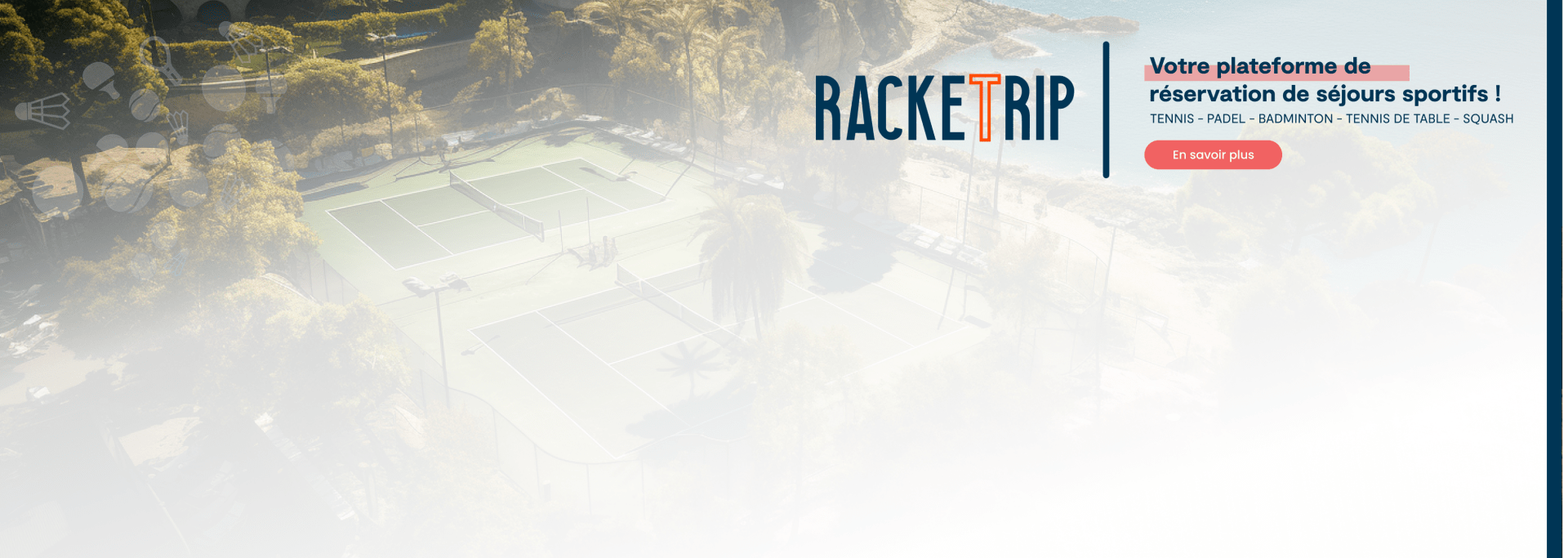


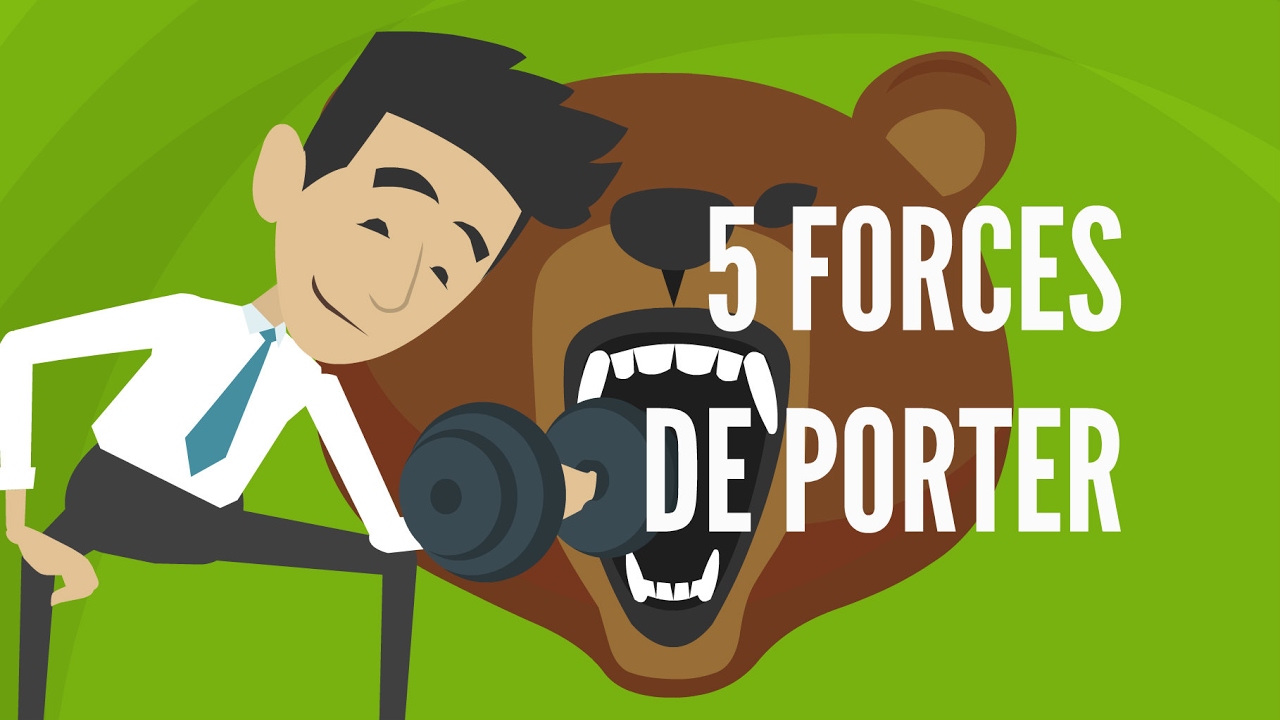

















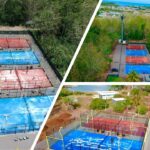
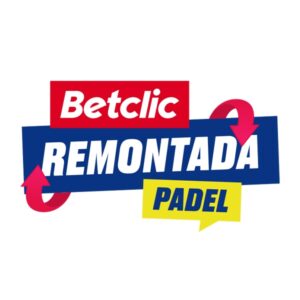
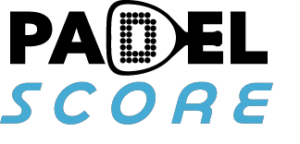
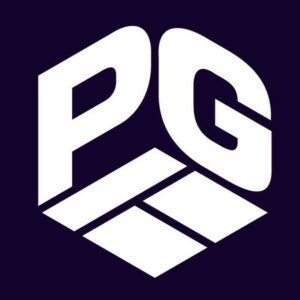



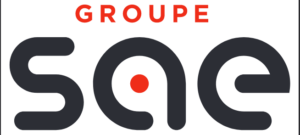
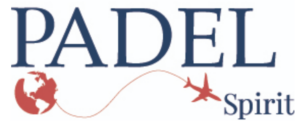
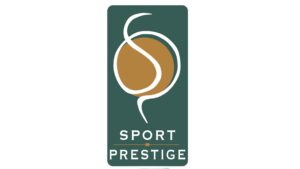
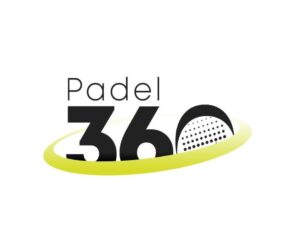
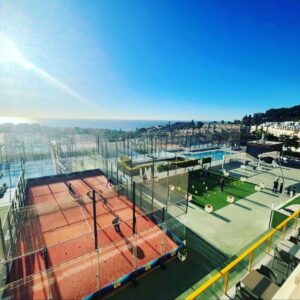
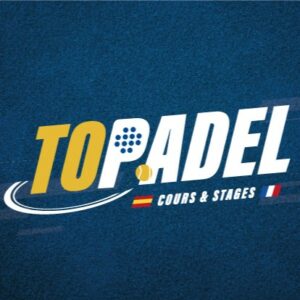


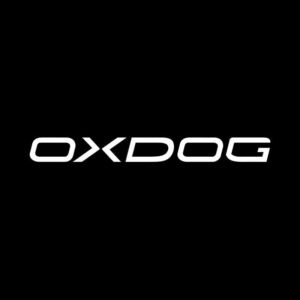
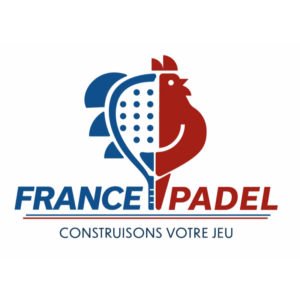
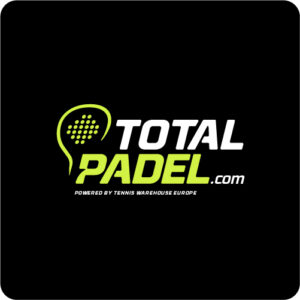
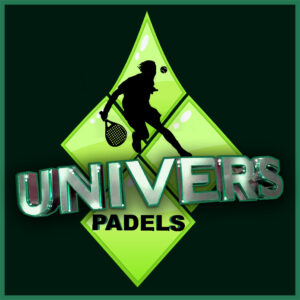
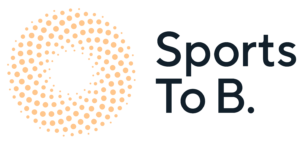

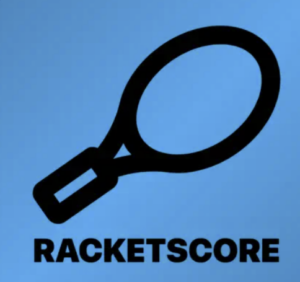
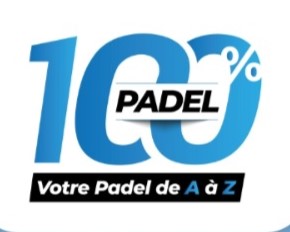
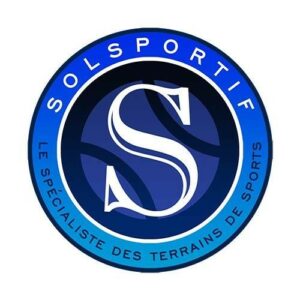

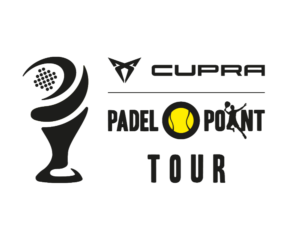
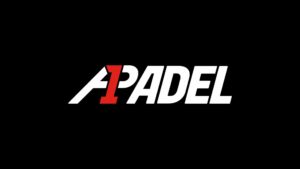
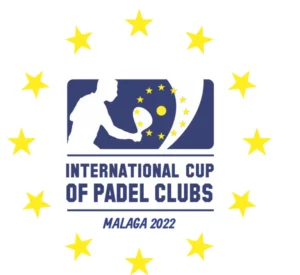

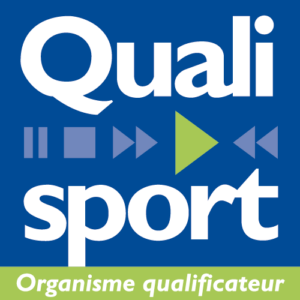
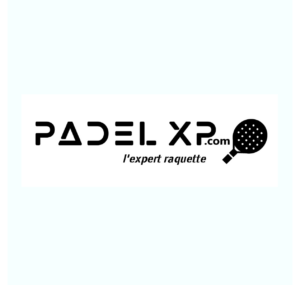

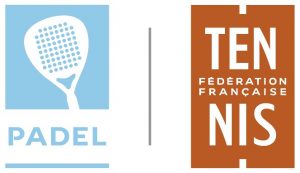
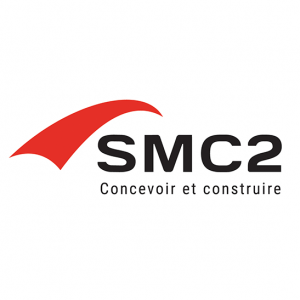
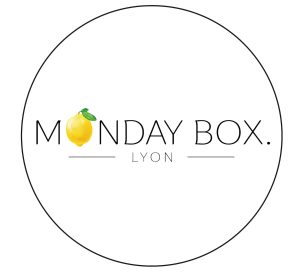
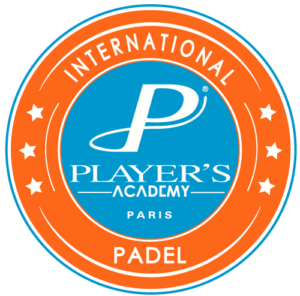
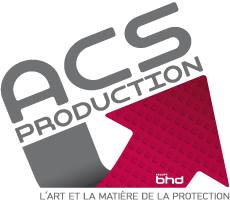
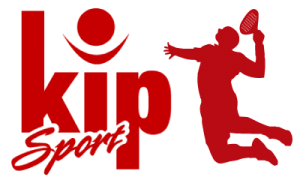
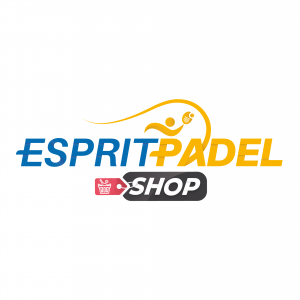
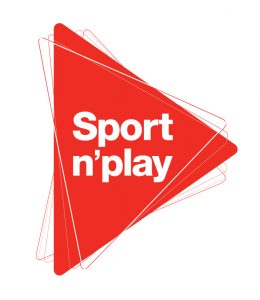
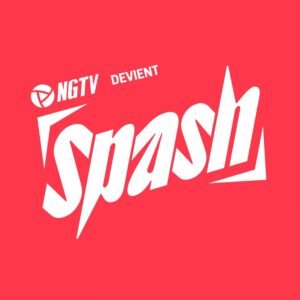
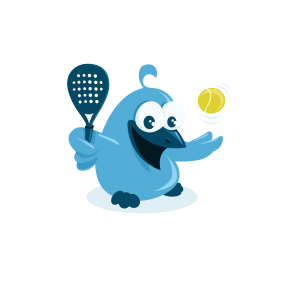
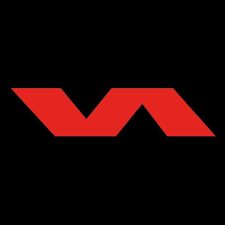
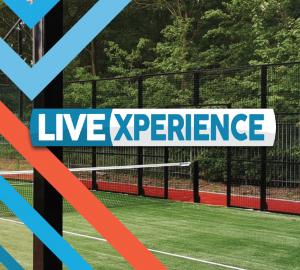
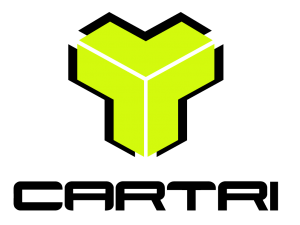
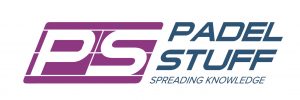
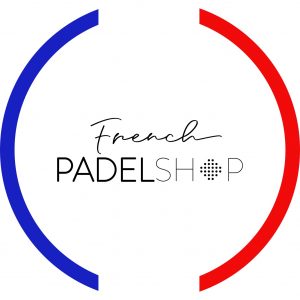
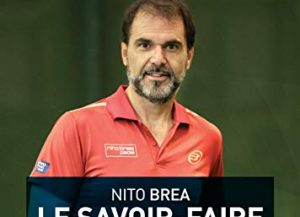
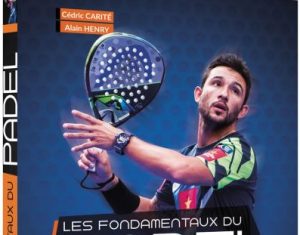


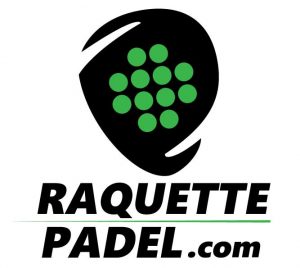
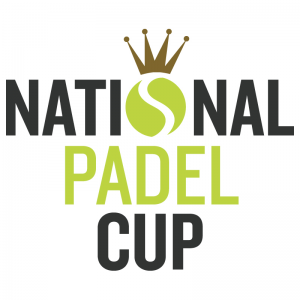
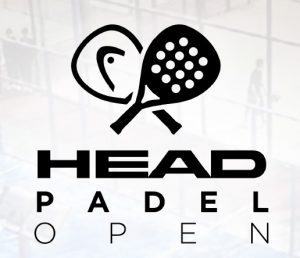
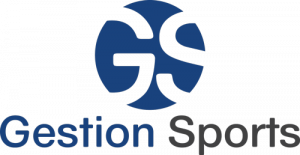
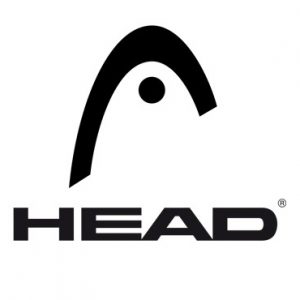
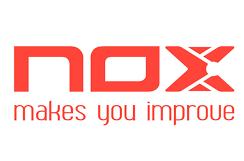

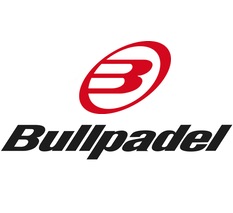
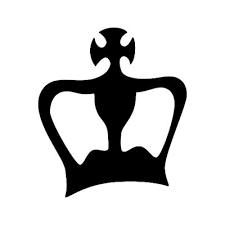
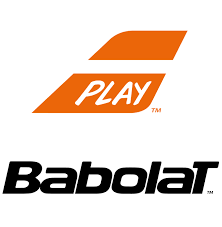
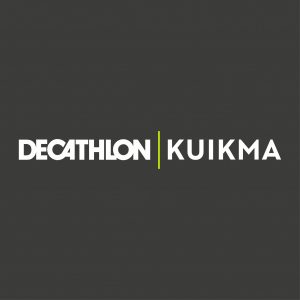
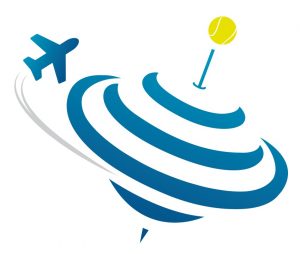
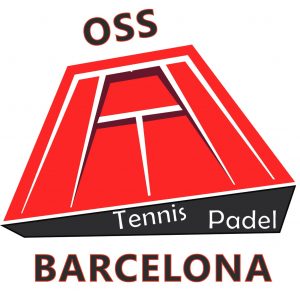
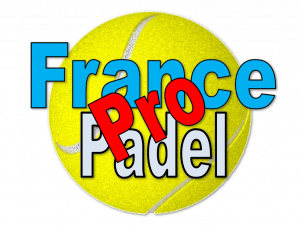
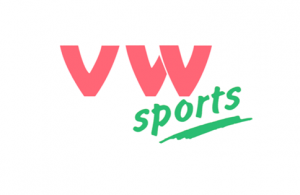
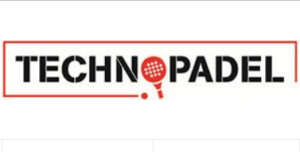
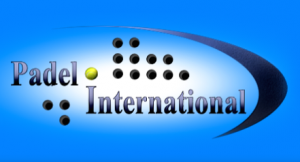

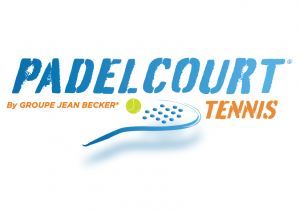
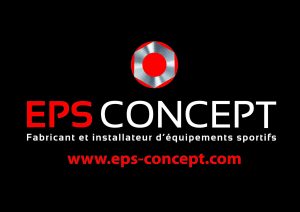
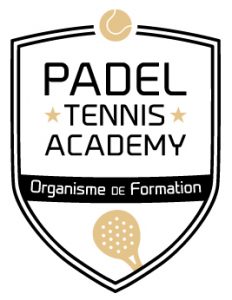
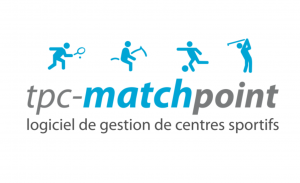

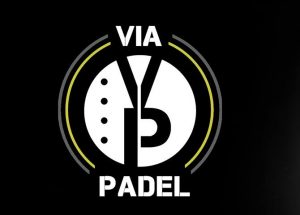


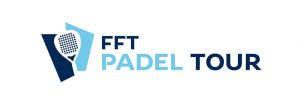
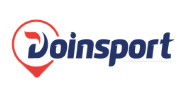
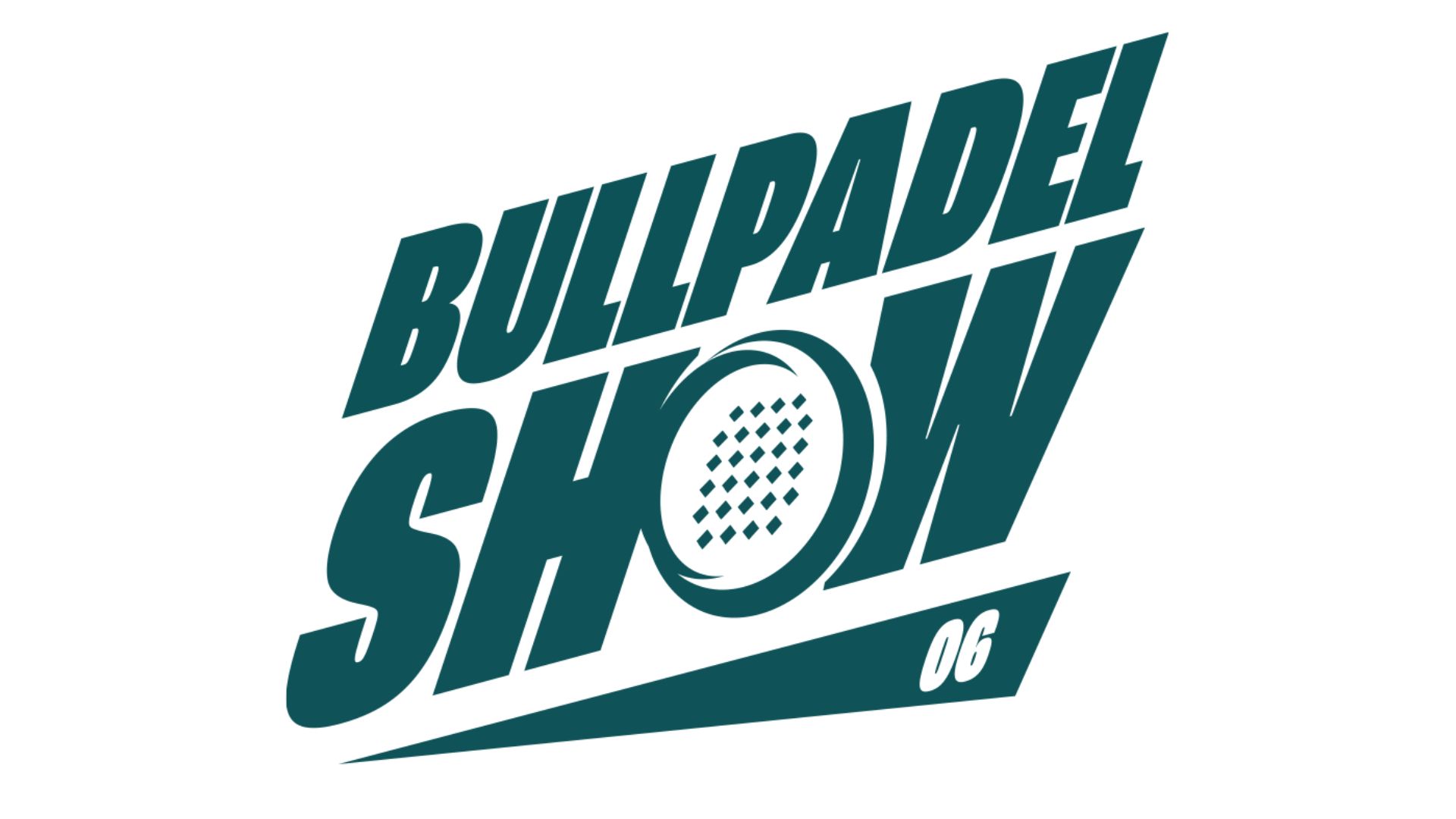 The presentation of Bullpadel Show 06 in Antibes
The presentation of Bullpadel Show 06 in Antibes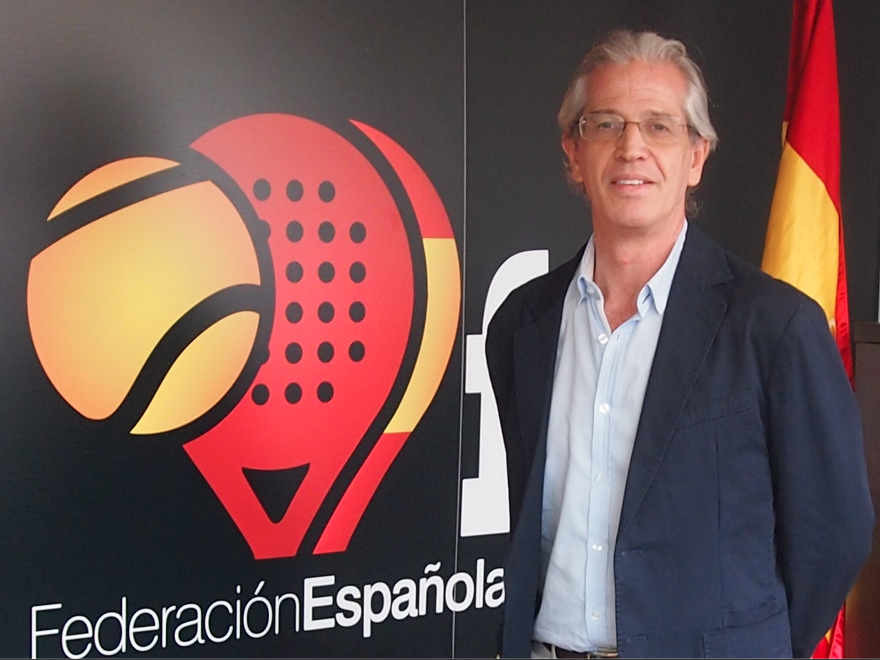 Ramón Morcillo: “I was surprised by France”
Ramón Morcillo: “I was surprised by France”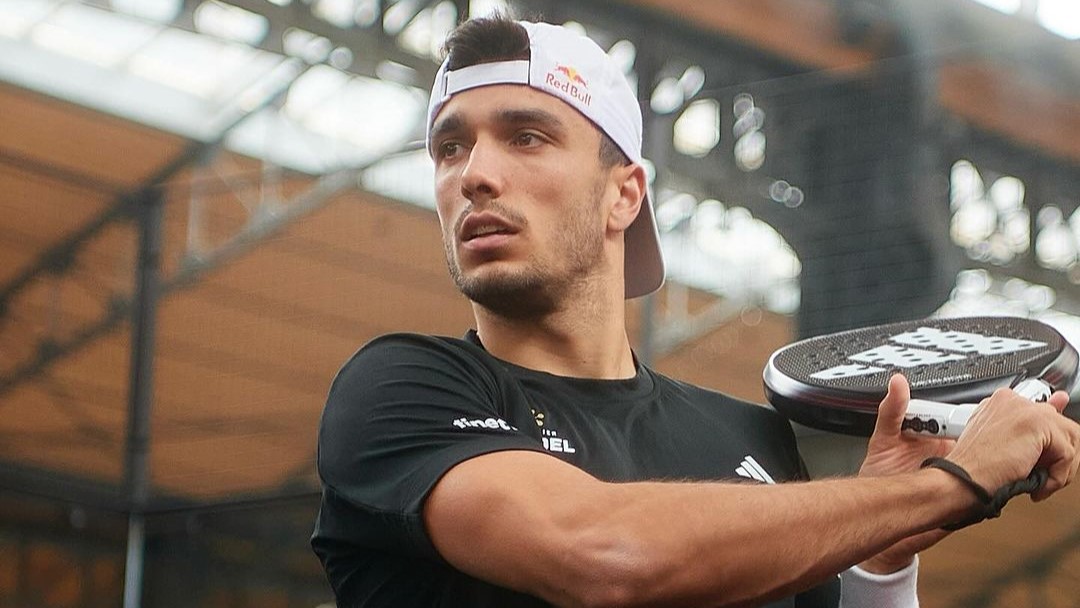 Brussels Premier Padel P2 – Galan makes history with a bronze racket
Brussels Premier Padel P2 – Galan makes history with a bronze racket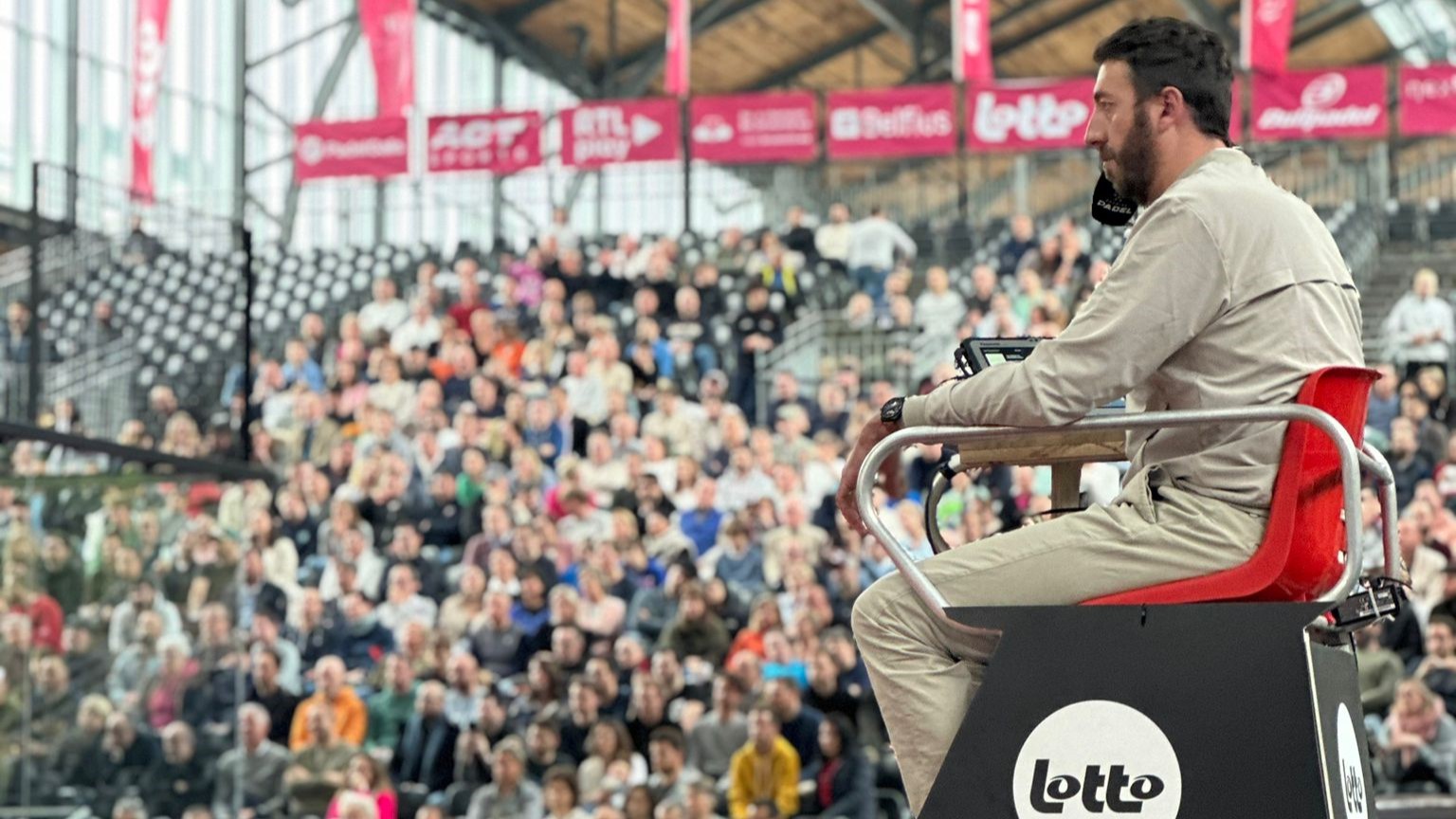 Brussels Premier Padel P2 – the referee did his job in the final
Brussels Premier Padel P2 – the referee did his job in the final Guillaume Codron: “South Padel, a family project”
Guillaume Codron: “South Padel, a family project”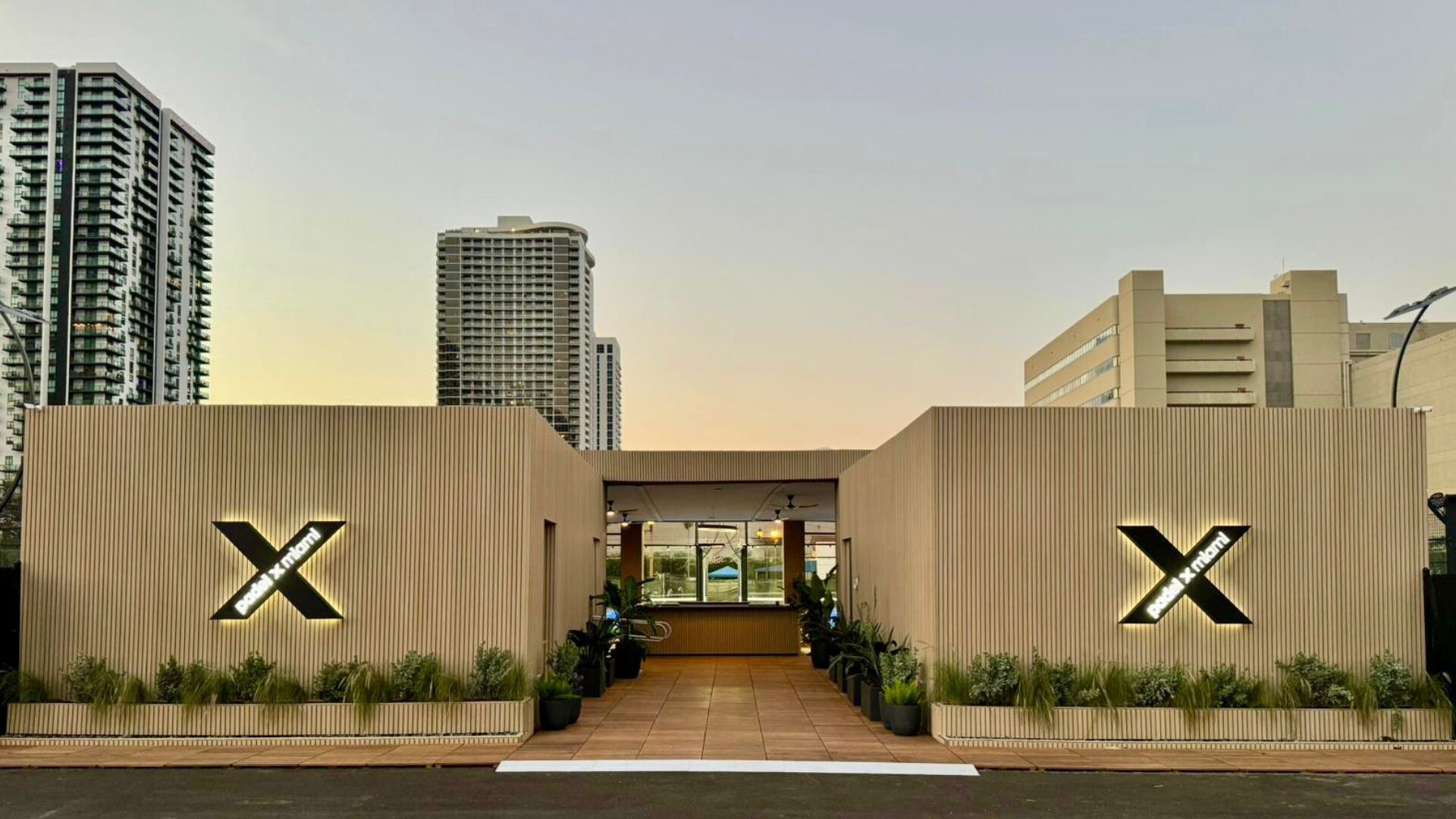 Nallé Grinda: “Democratize the padel in the USA with PadelX "
Nallé Grinda: “Democratize the padel in the USA with PadelX "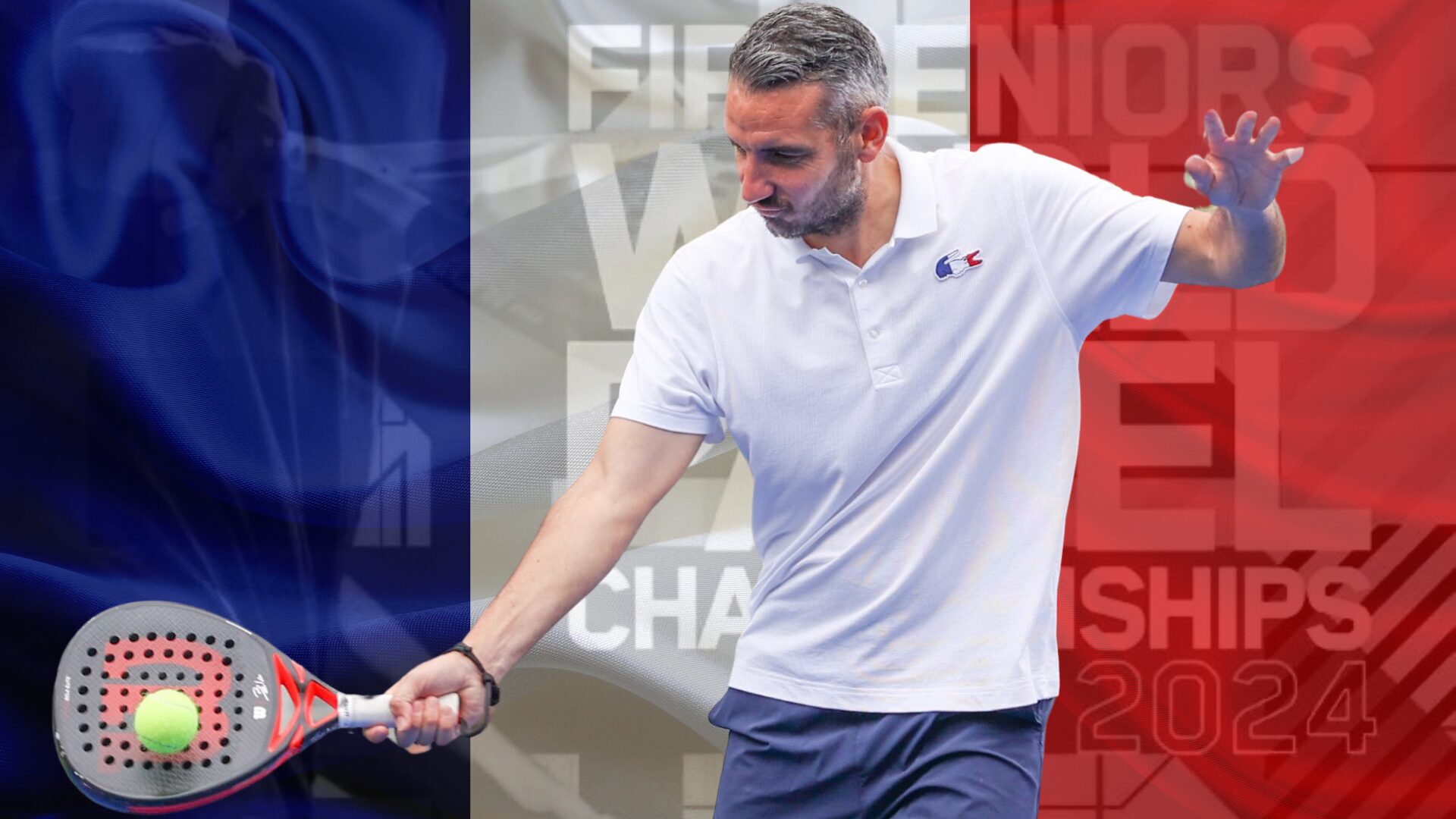 Simon Boissé: “We know that there are two nations in front of us”
Simon Boissé: “We know that there are two nations in front of us”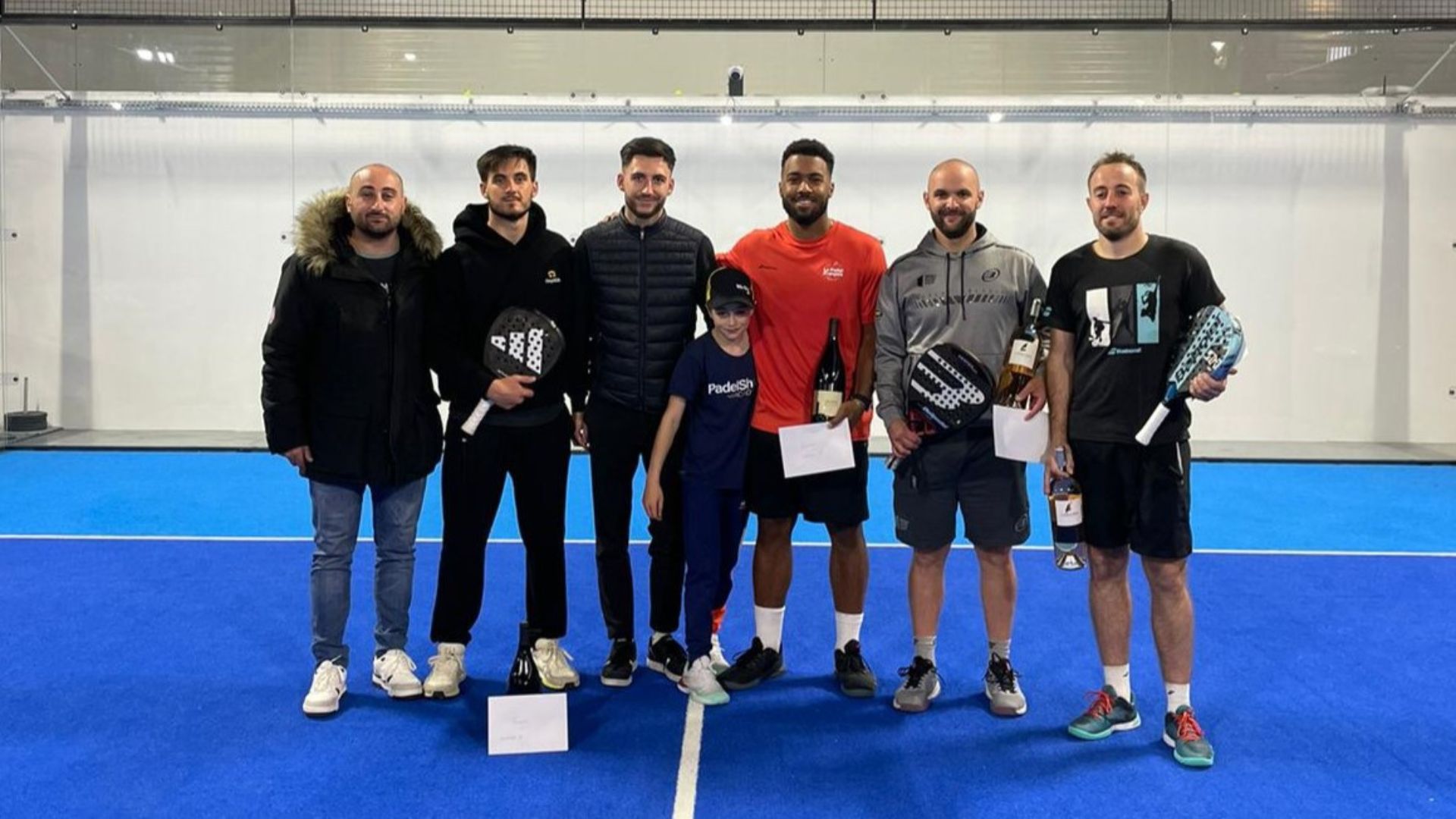 P1000 PadelShot Saint-Étienne – Pierre Vincent and Arthur Hugounenq, the kings of the “comeback”
P1000 PadelShot Saint-Étienne – Pierre Vincent and Arthur Hugounenq, the kings of the “comeback”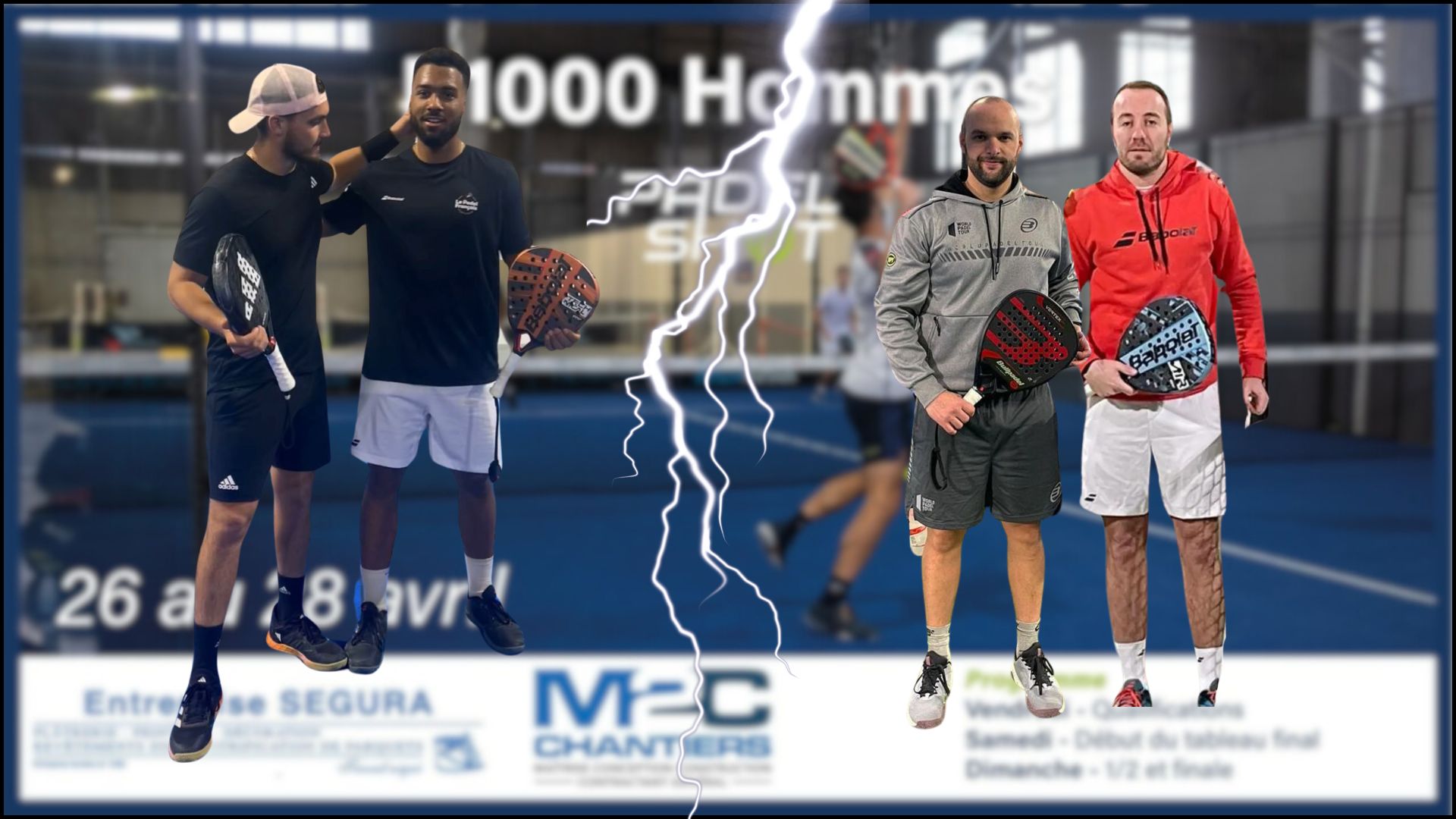 P1000 PadelShot Saint-Étienne – A Hugounenq/Vincent – Authier/Sanchez final to come
P1000 PadelShot Saint-Étienne – A Hugounenq/Vincent – Authier/Sanchez final to come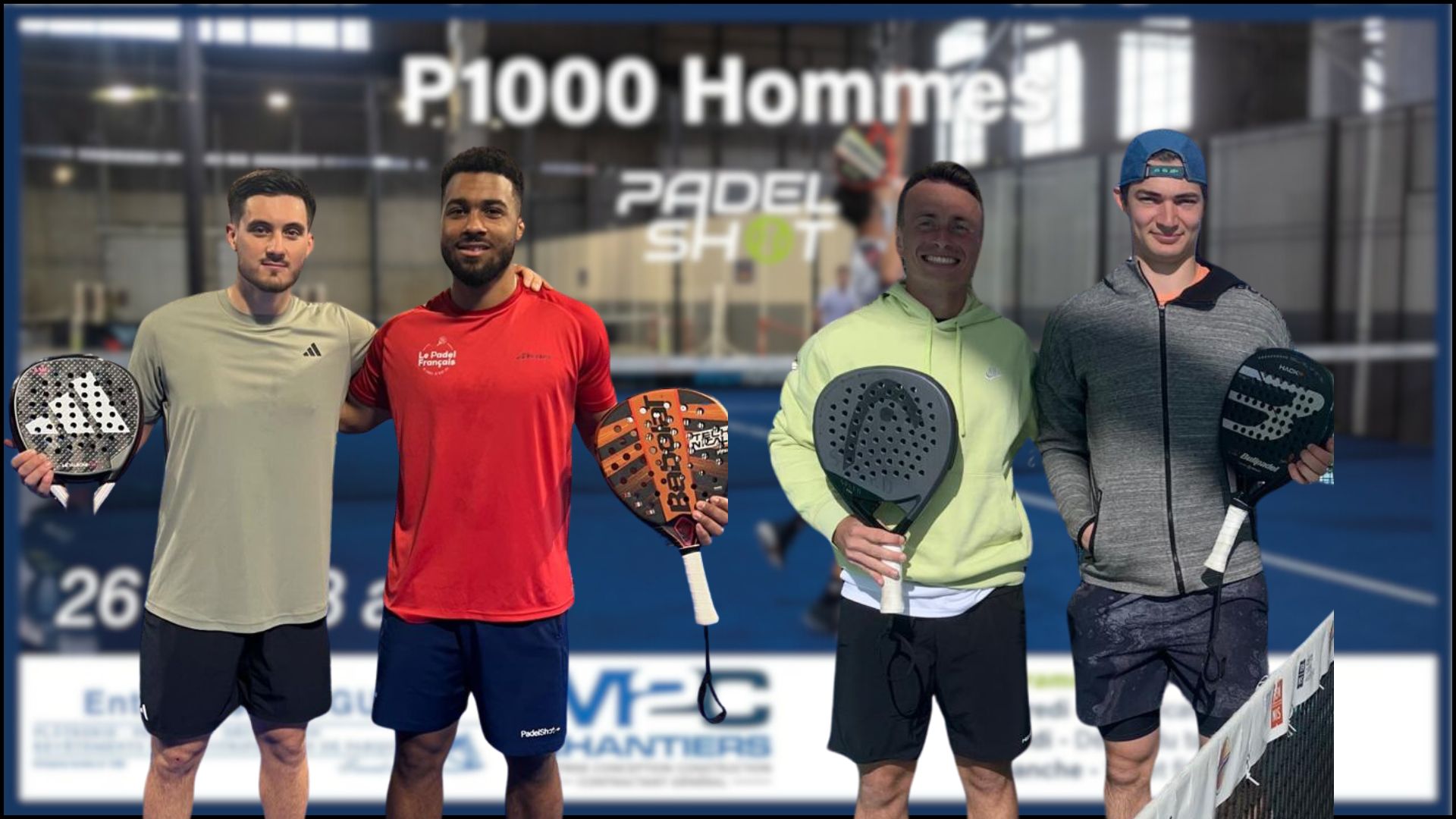 P1000 PadelShot Saint-Étienne – Watch the Hugounenq/Vincent – Seux/Courrin semi-final live
P1000 PadelShot Saint-Étienne – Watch the Hugounenq/Vincent – Seux/Courrin semi-final live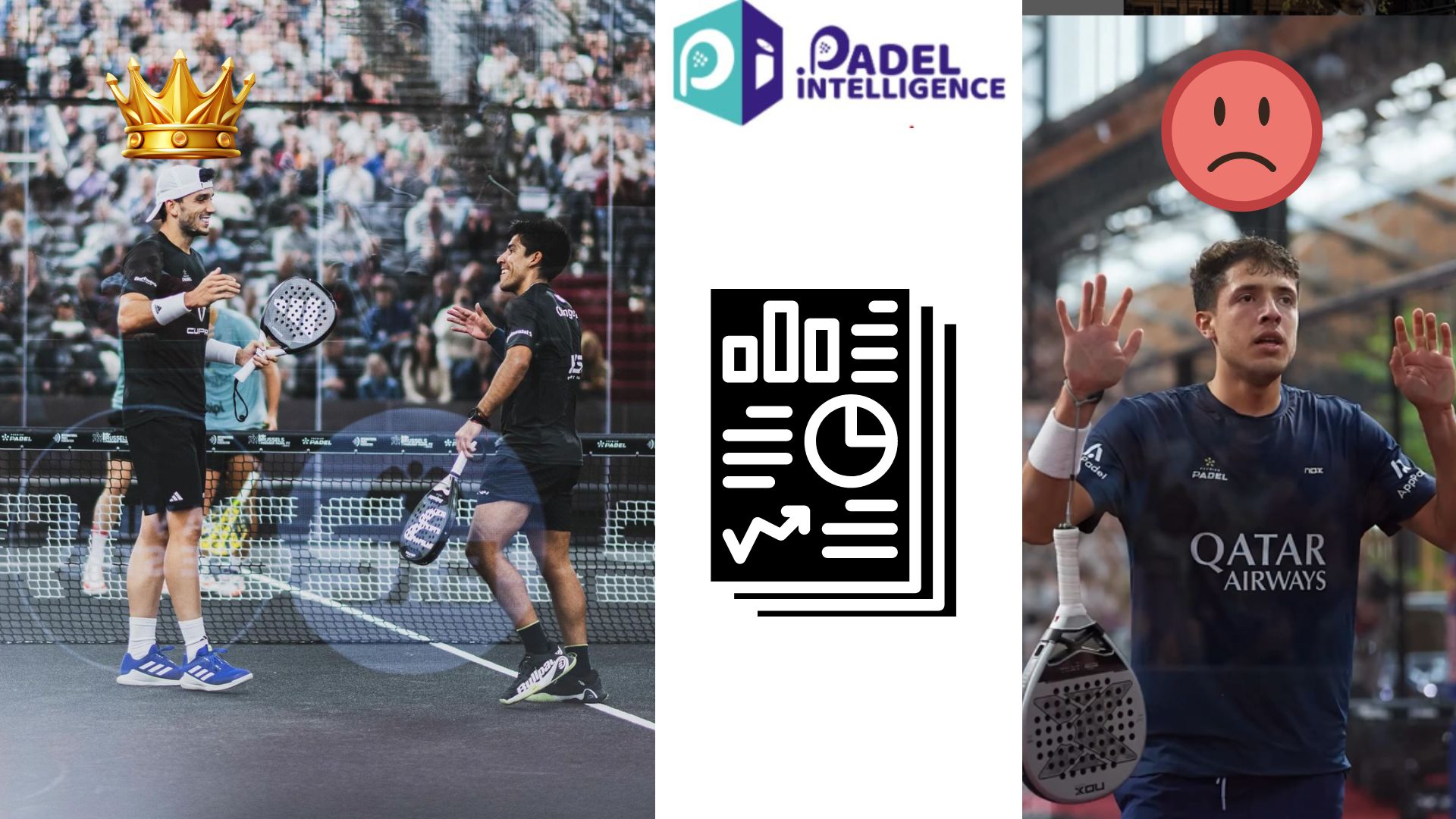 Brussels Premier Padel P2 – the final in stats
Brussels Premier Padel P2 – the final in stats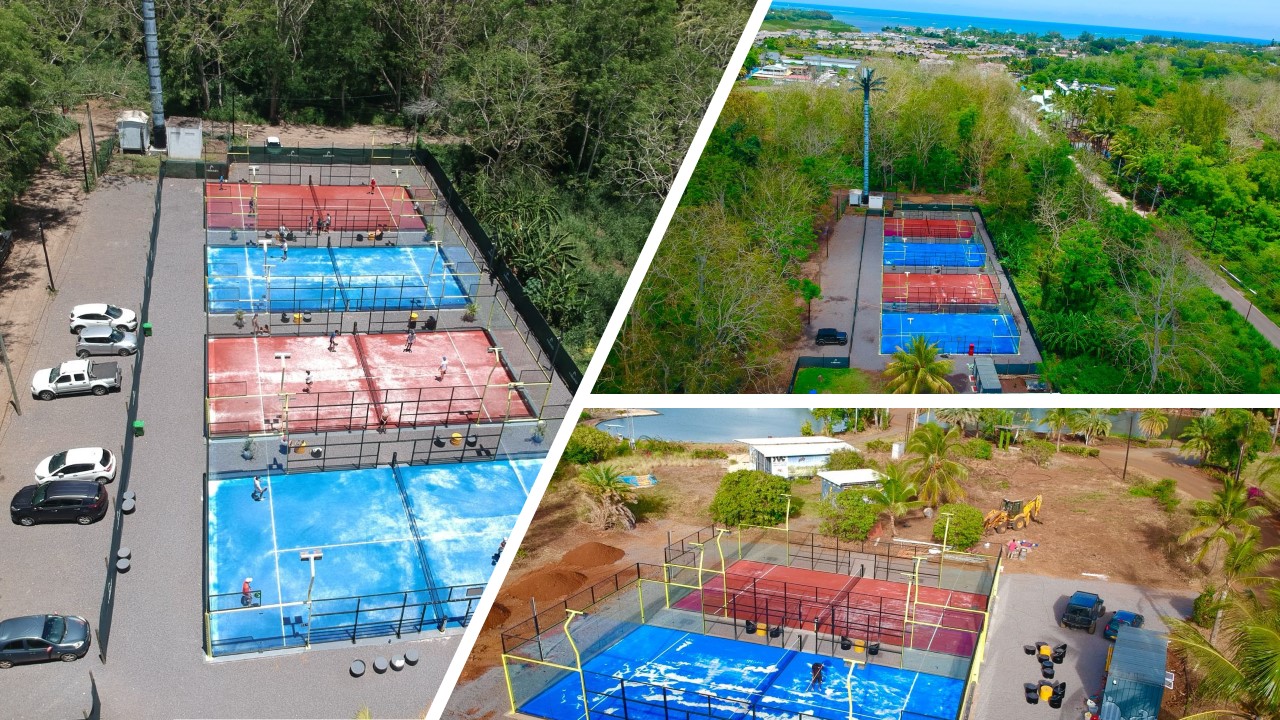 Mauritius: an island of padel
Mauritius: an island of padel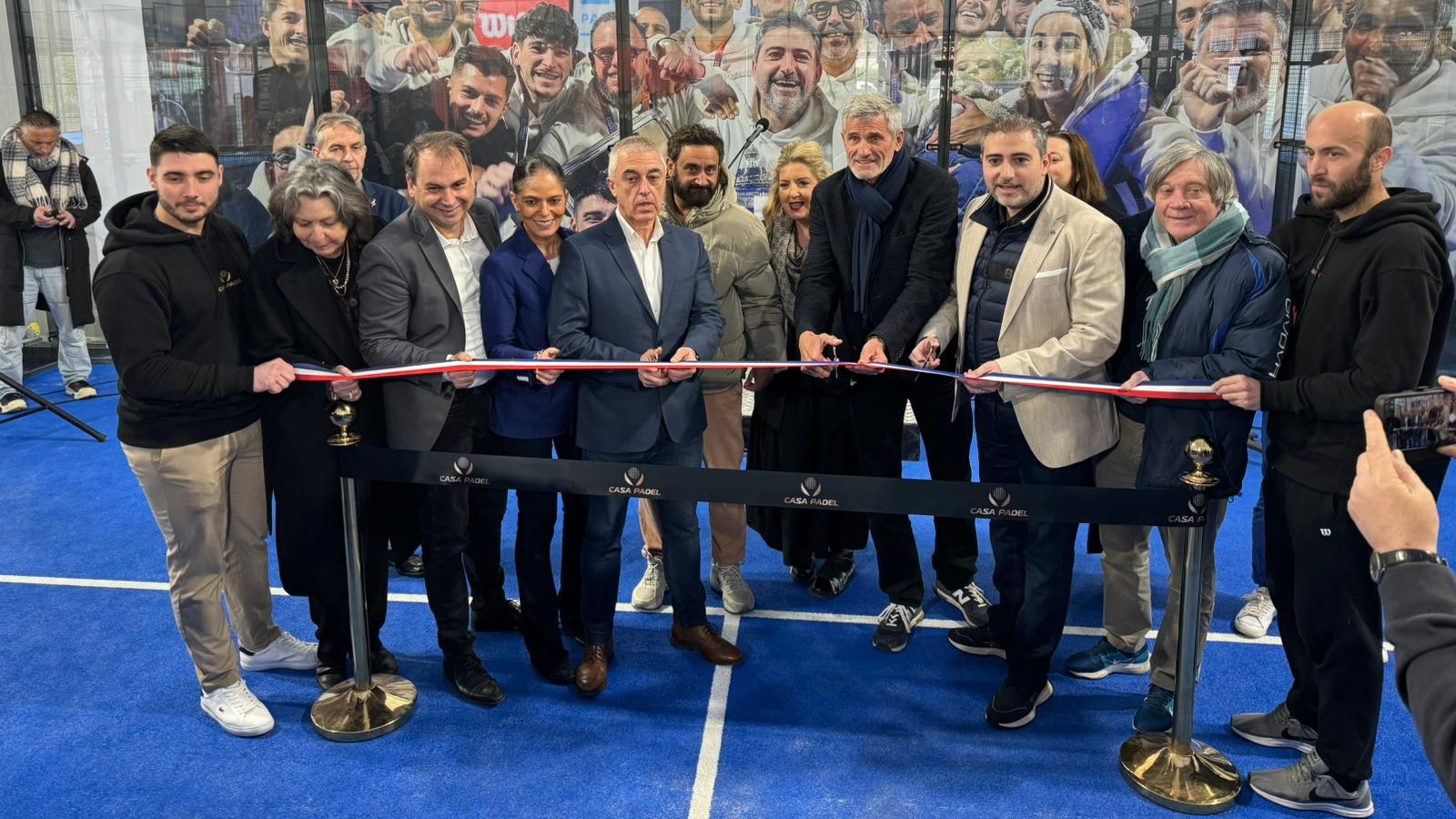 José Manuel Escin at the inauguration of Casa Padel DOS: “Finally, and thank you!”
José Manuel Escin at the inauguration of Casa Padel DOS: “Finally, and thank you!”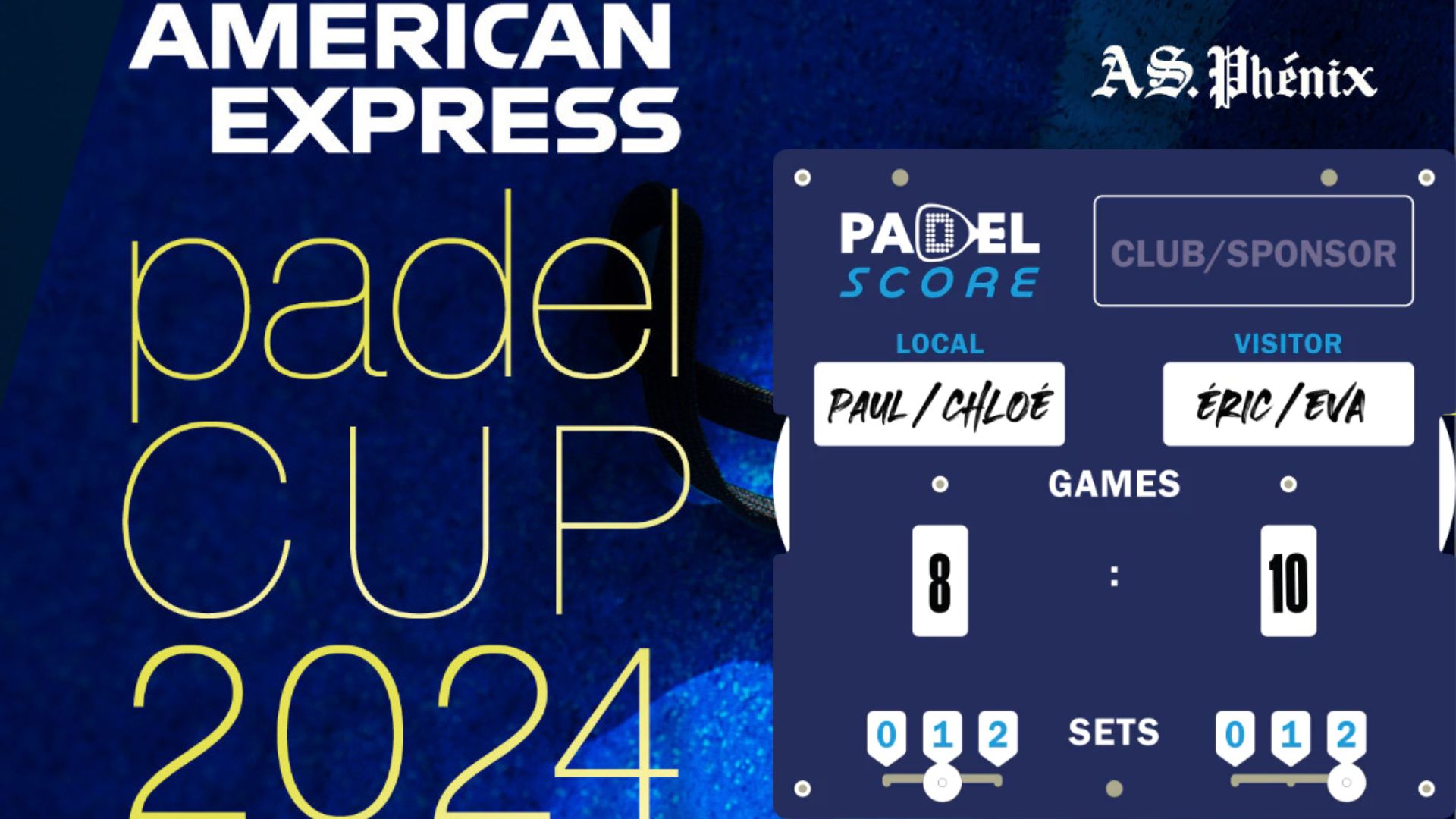 Padel Score comes to Tahiti for American Express Padel Cup!
Padel Score comes to Tahiti for American Express Padel Cup!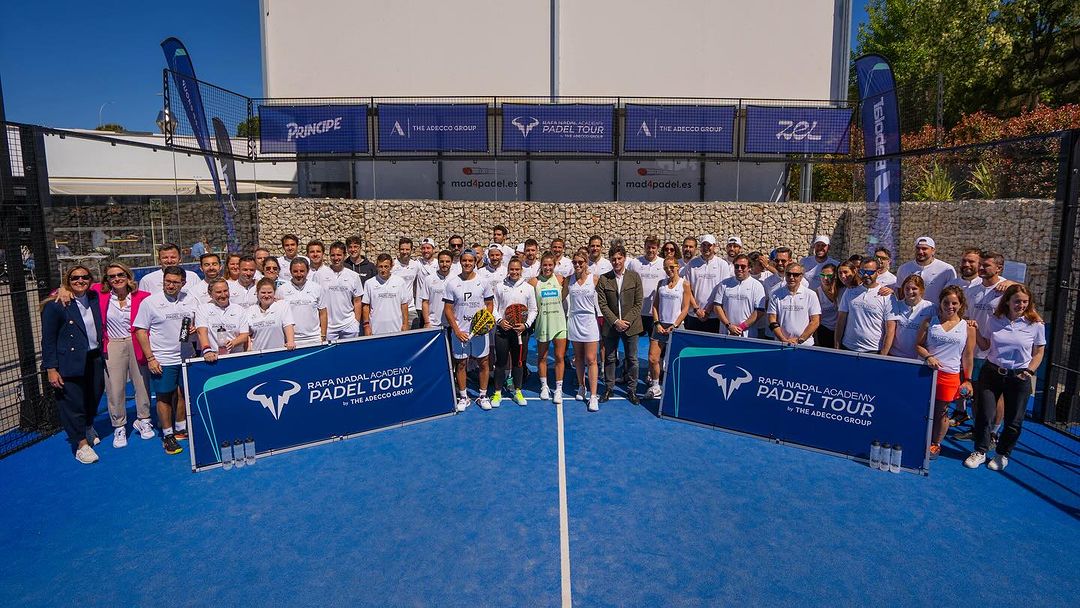 Do you know the Rafa Nadal Academy Tour?
Do you know the Rafa Nadal Academy Tour?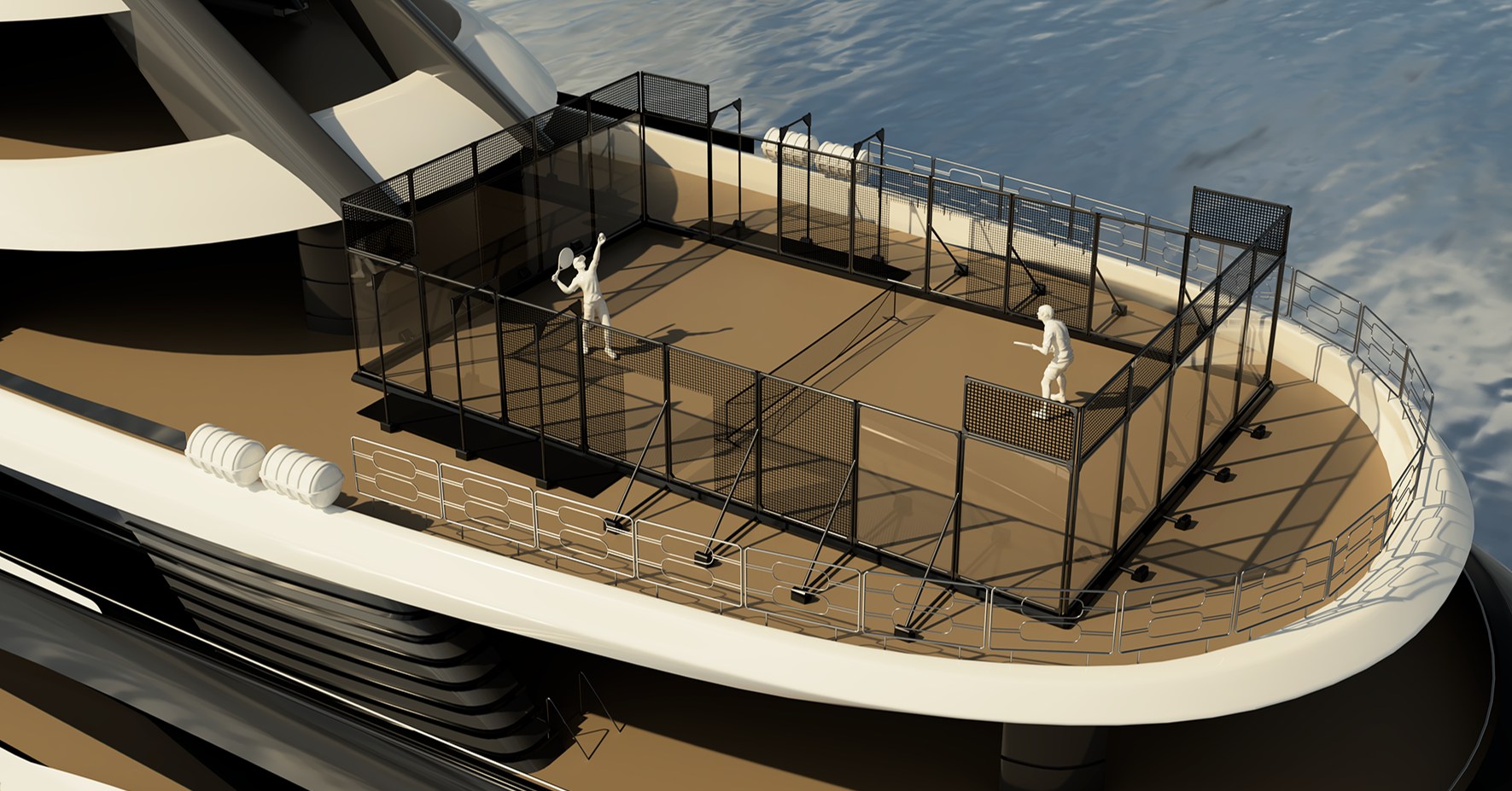 Play at padel on his yacht? Possible for €233.000!
Play at padel on his yacht? Possible for €233.000!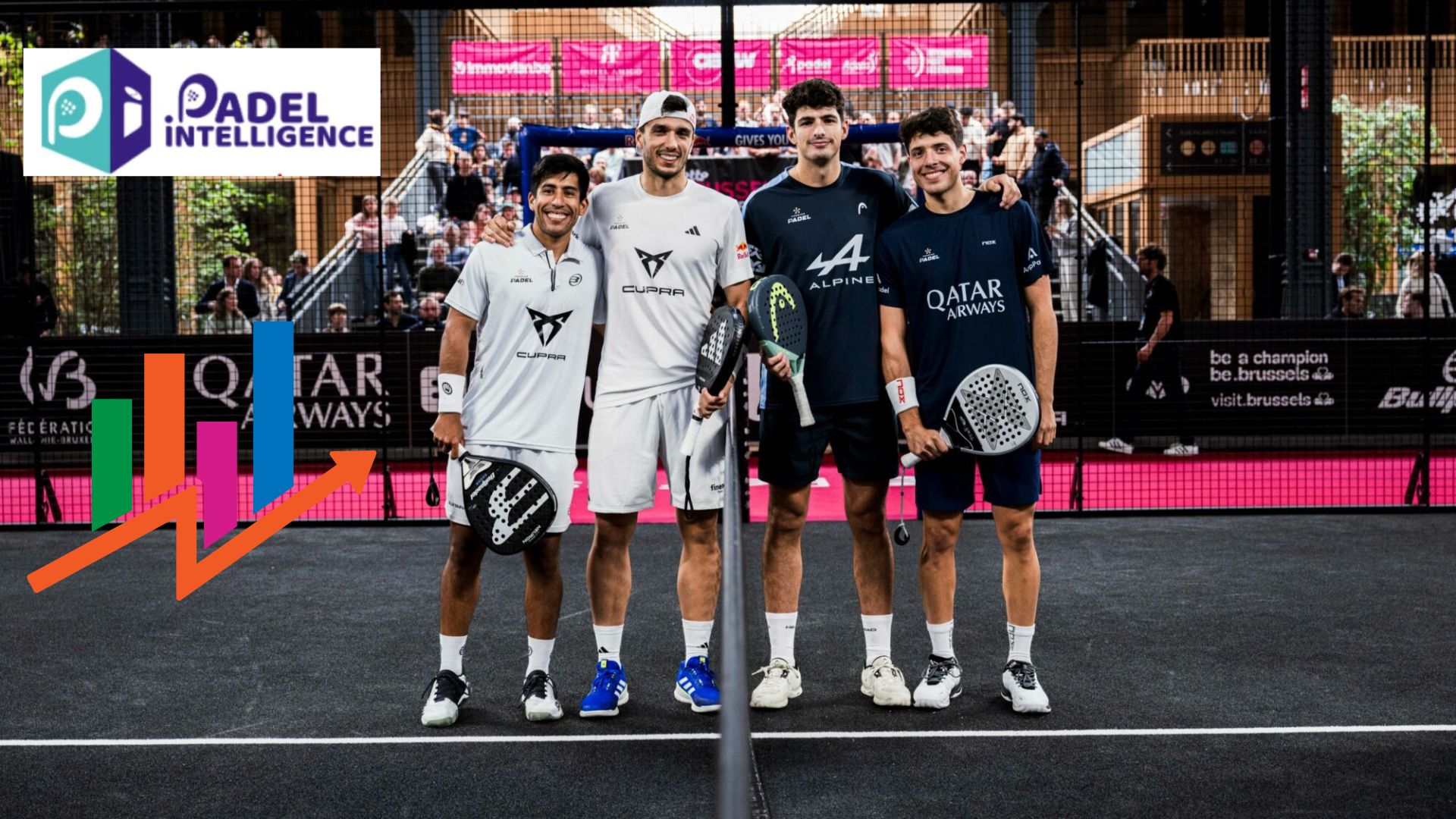 Brussels Premier Padel P2 – the final in stats
Brussels Premier Padel P2 – the final in stats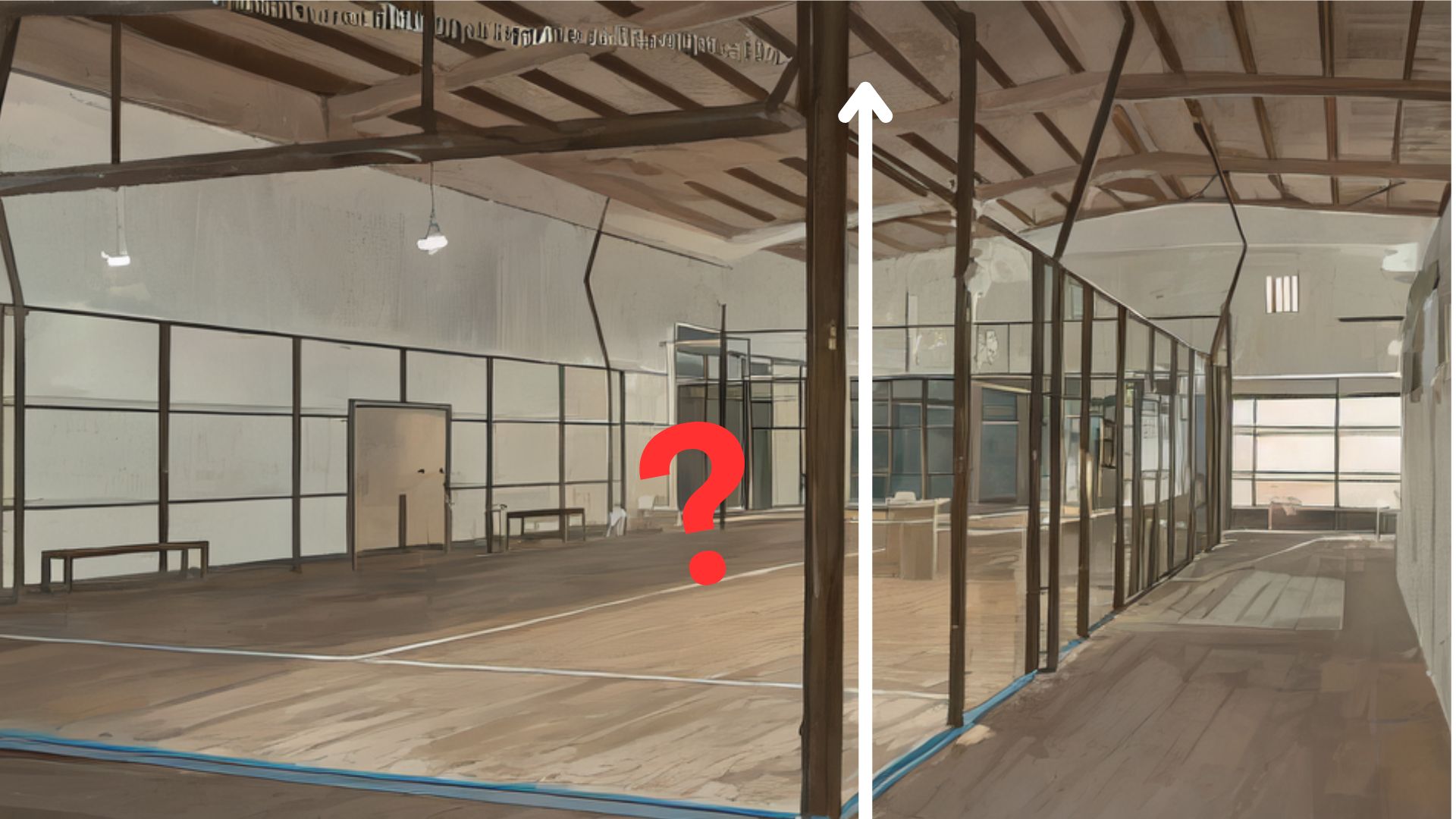 Find out everything about the dimensions of a plot of land padel
Find out everything about the dimensions of a plot of land padel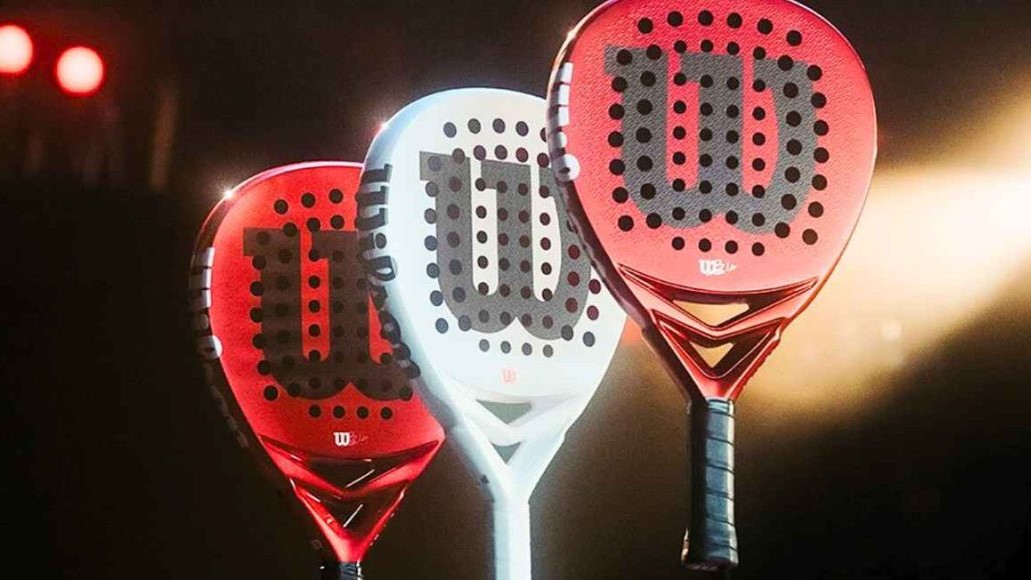 Presentation of the Wilson Bela V2.5 collection
Presentation of the Wilson Bela V2.5 collection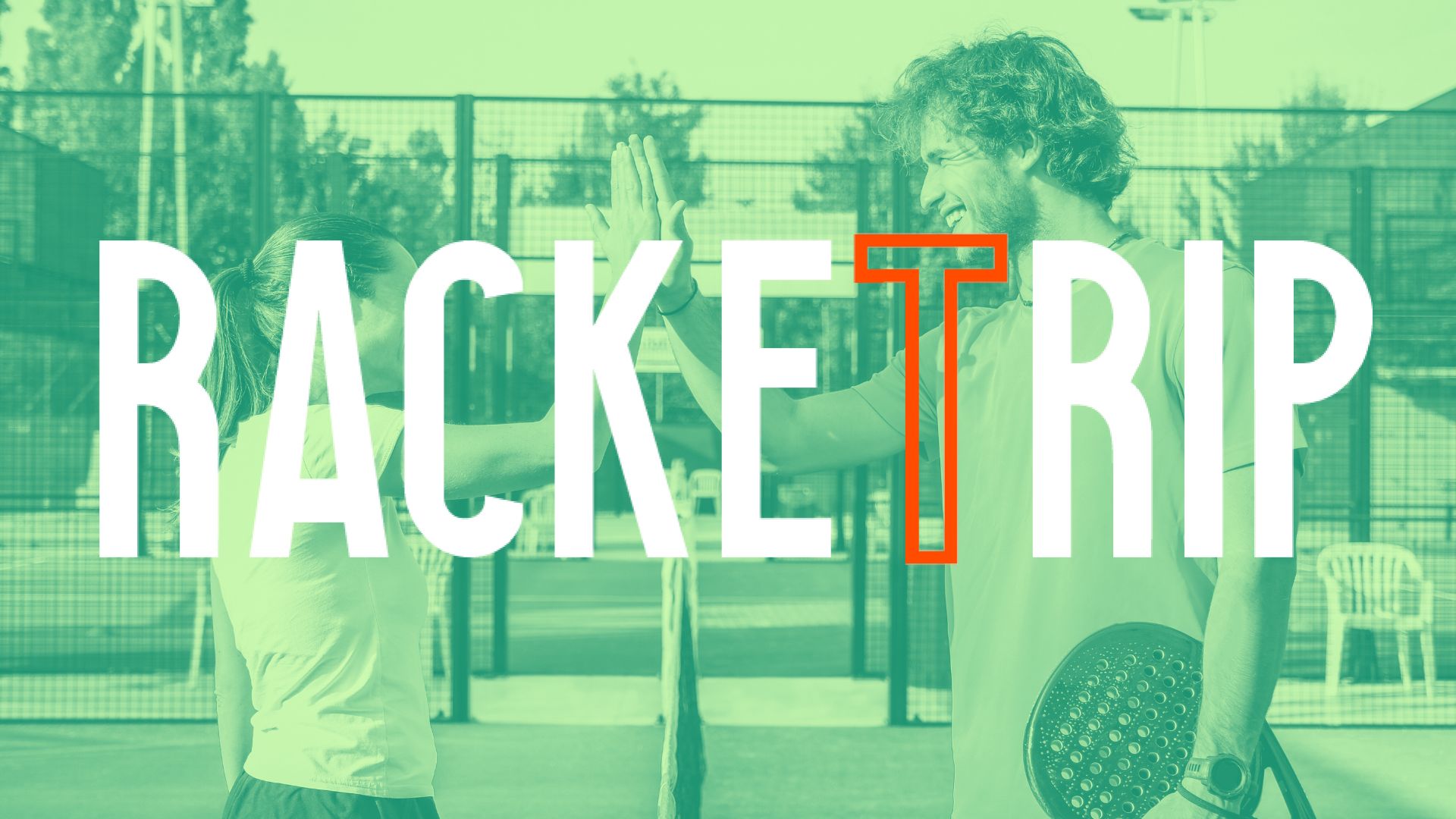 The LinkedIn of racquet sports: Racket Trip
The LinkedIn of racquet sports: Racket Trip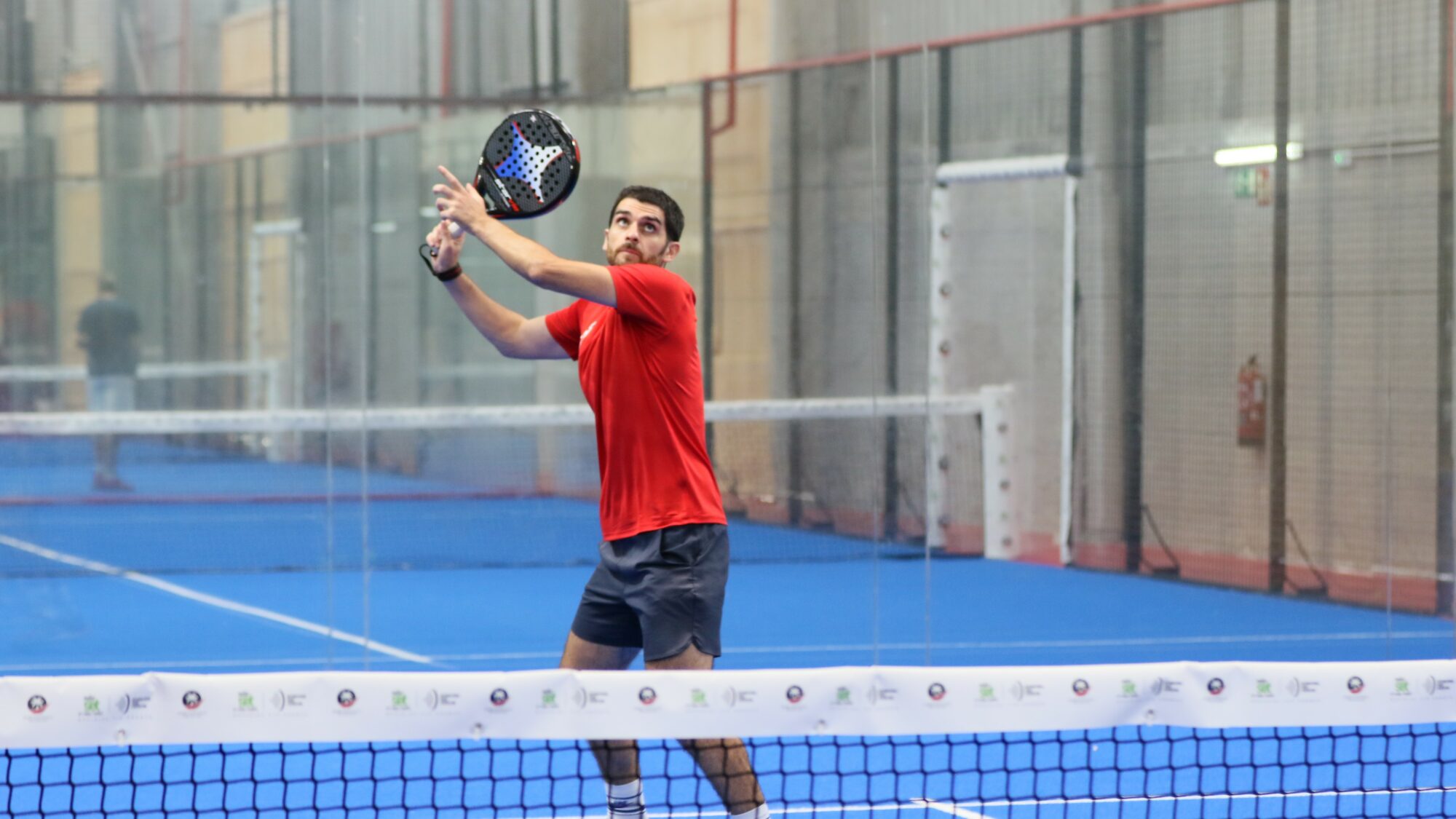 At the heart of padel – Episode 25: Paul and Andoni answer your questions
At the heart of padel – Episode 25: Paul and Andoni answer your questions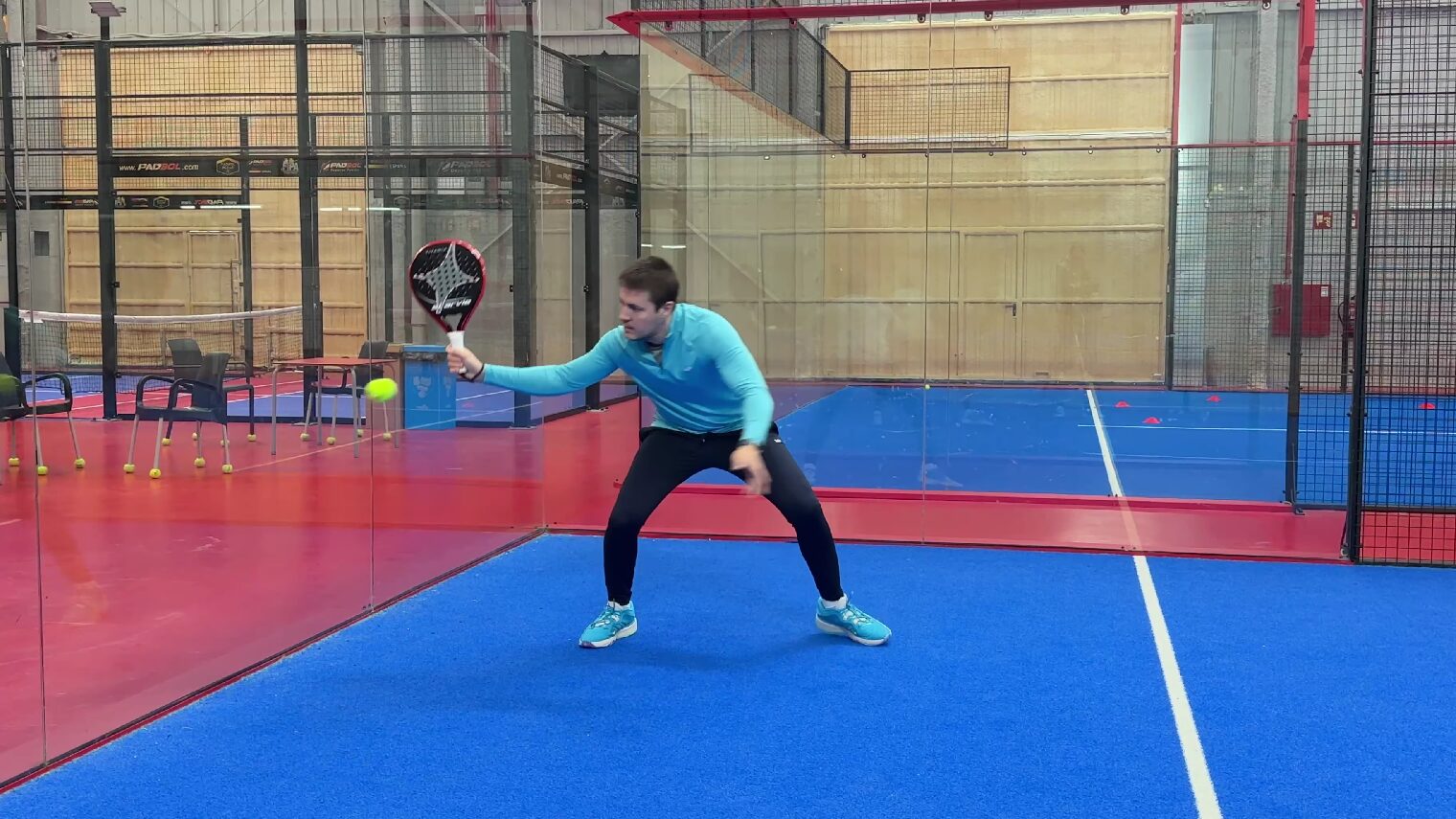 At the heart of padel – Episode 23: defend the window well
At the heart of padel – Episode 23: defend the window well Prohibition on playing topless Padel : the reasons
Prohibition on playing topless Padel : the reasons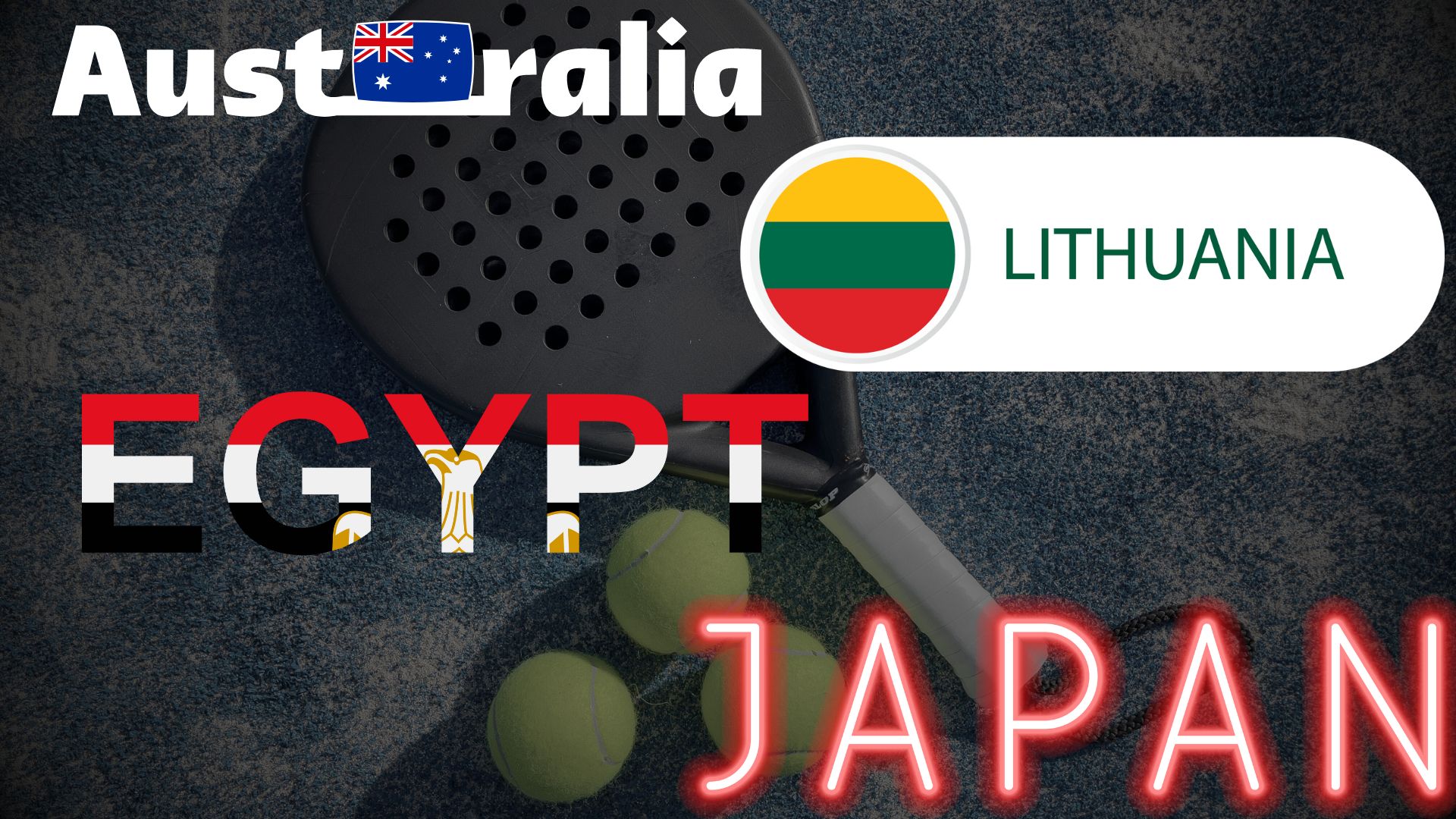 FIP Tour – Going far from Europe, THE strategy to earn points!
FIP Tour – Going far from Europe, THE strategy to earn points!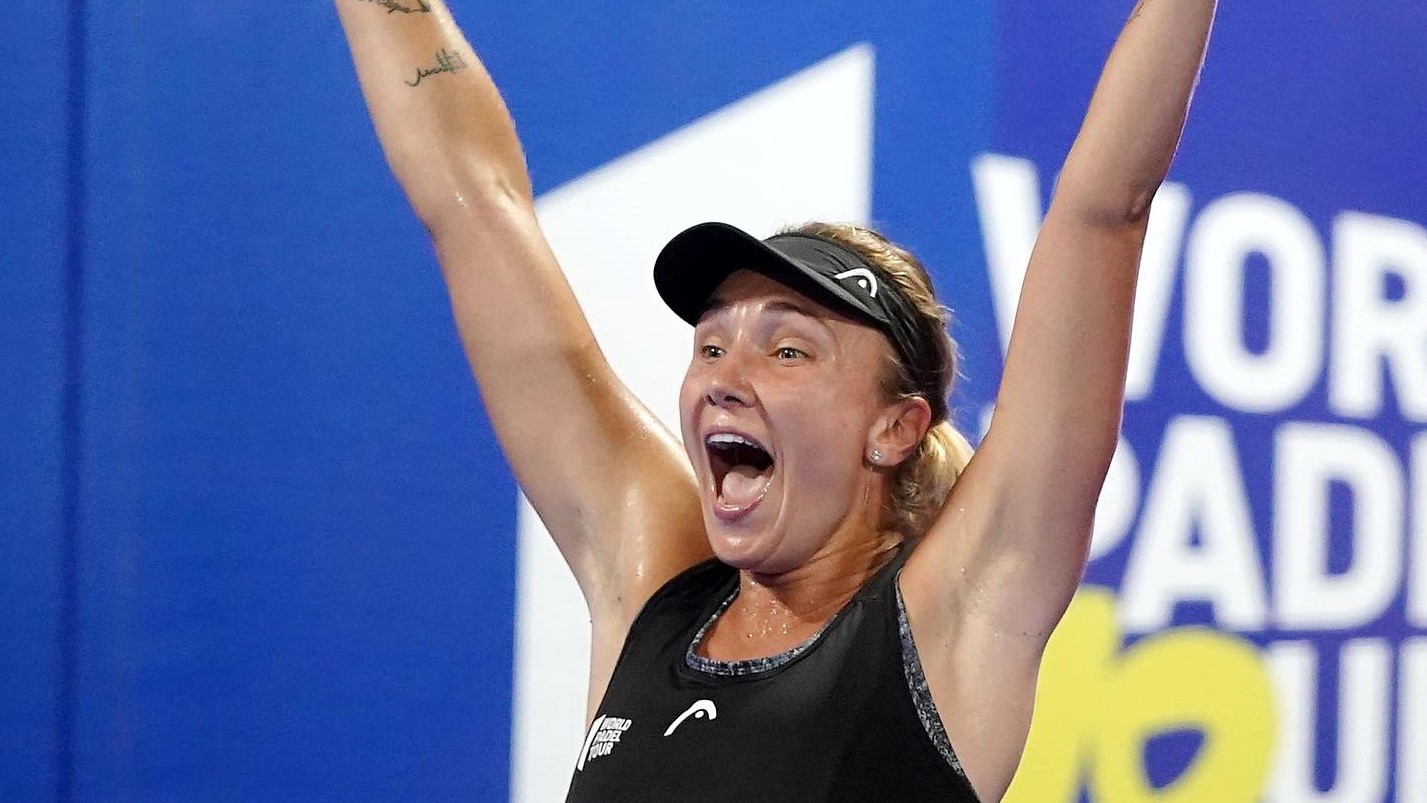 What is a good football player? padel ?
What is a good football player? padel ?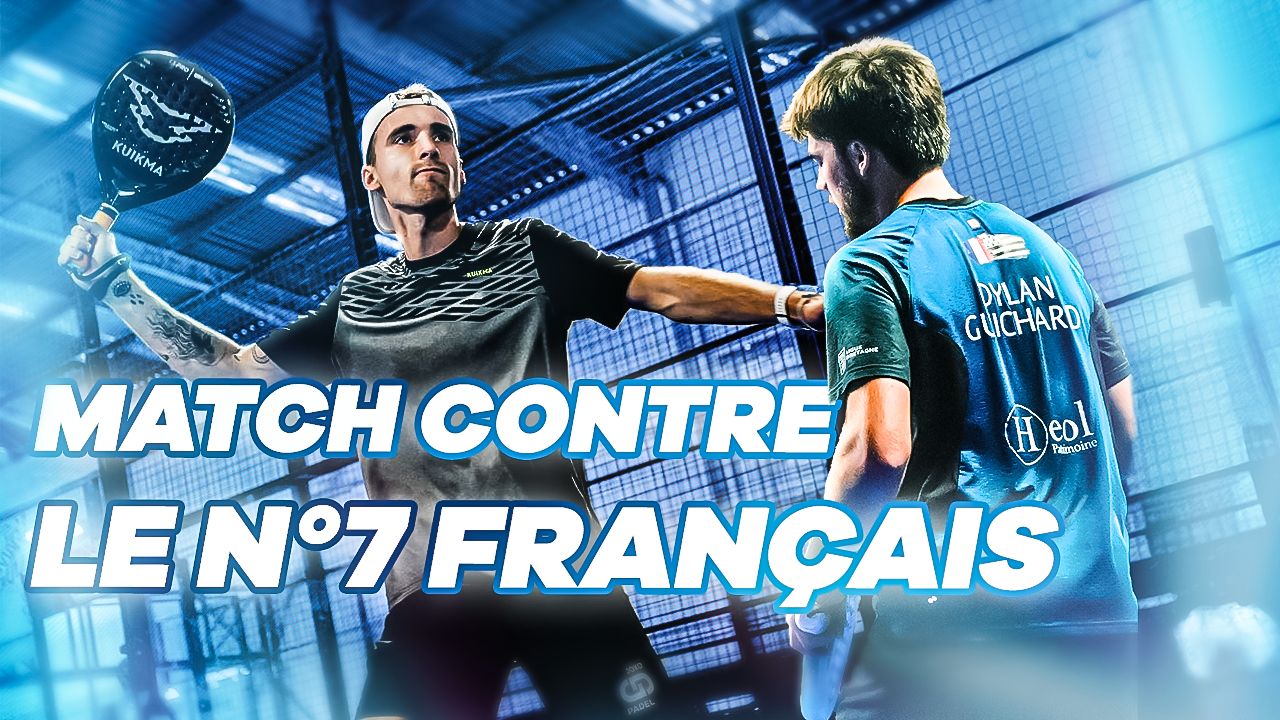 “Lefties give me headaches when I play against them!”
“Lefties give me headaches when I play against them!”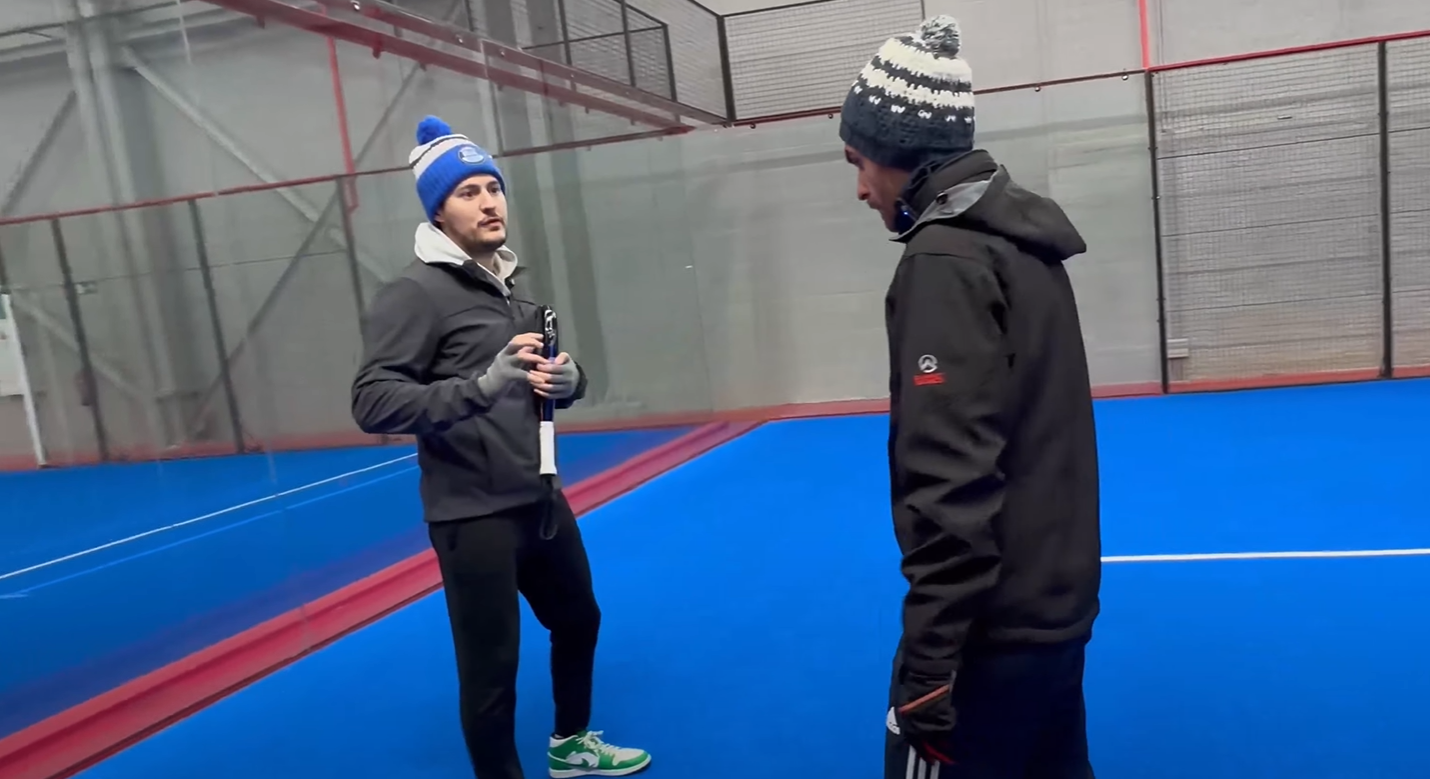 At the heart of padel – Episode 14: how to earn points in winter?
At the heart of padel – Episode 14: how to earn points in winter?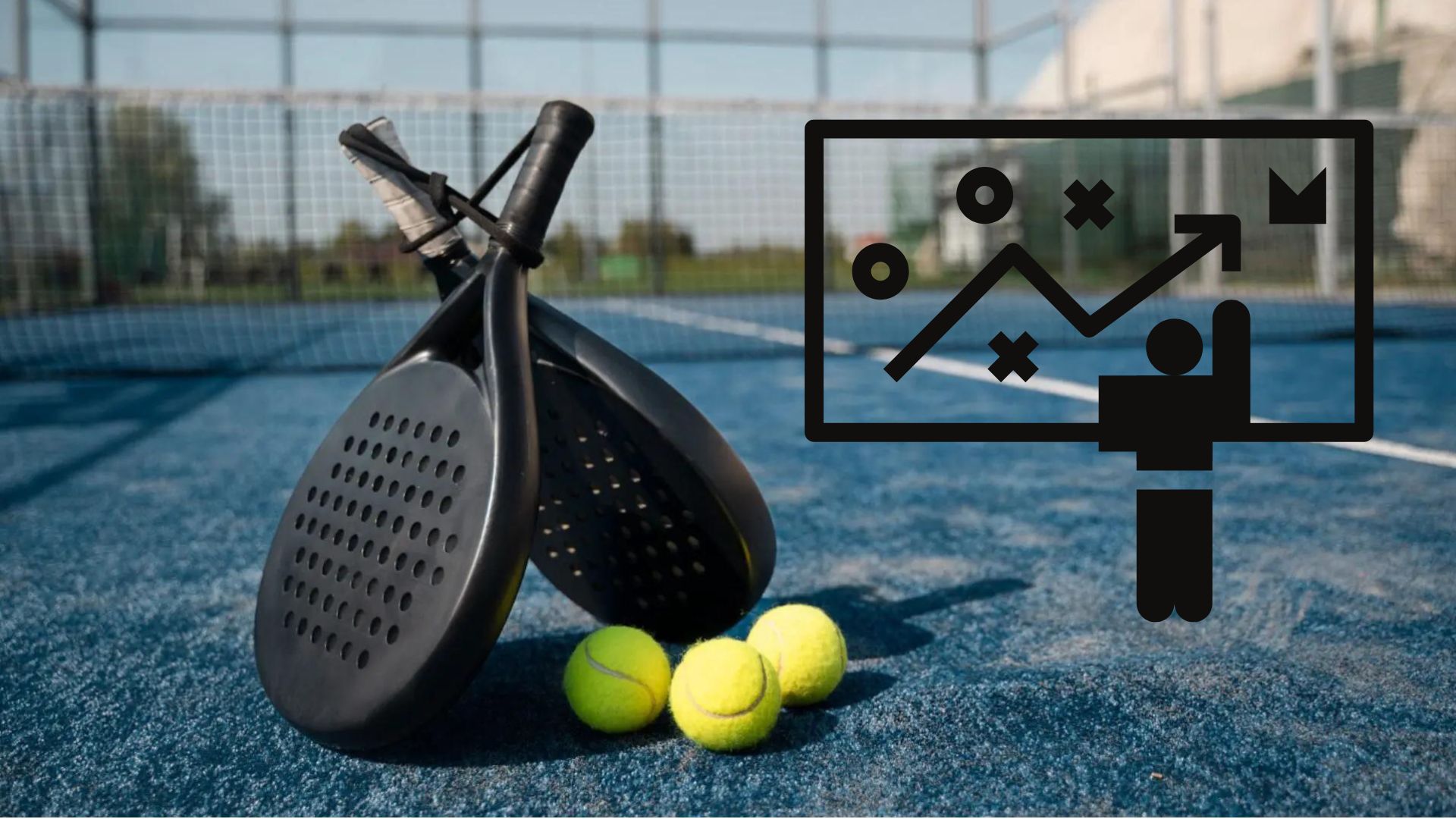 The basic tactics of padel
The basic tactics of padel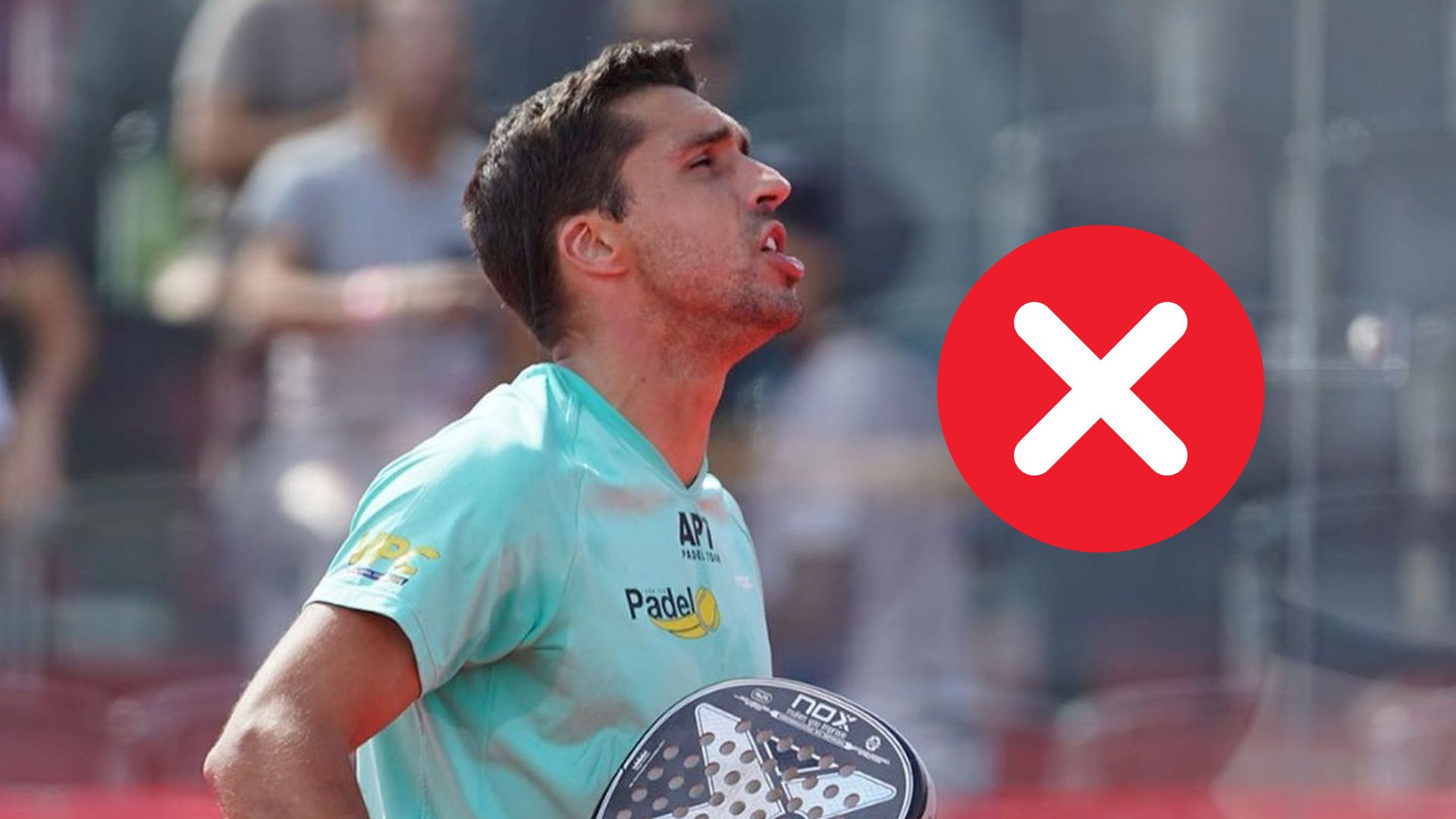 A par 4 is always a winner...even if you manage to defend it!
A par 4 is always a winner...even if you manage to defend it!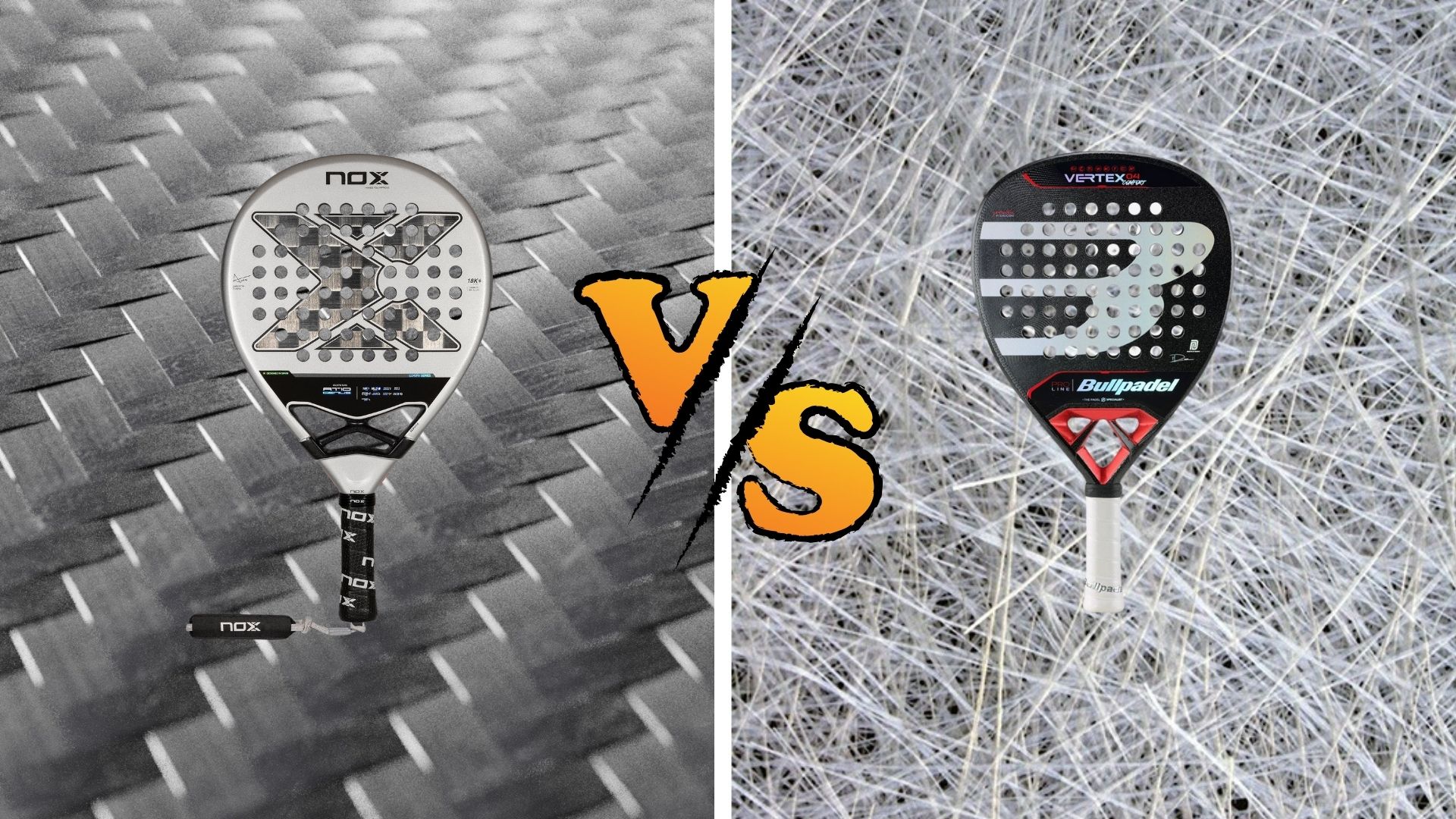 Carbon fiber VS fiberglass: what to choose?
Carbon fiber VS fiberglass: what to choose?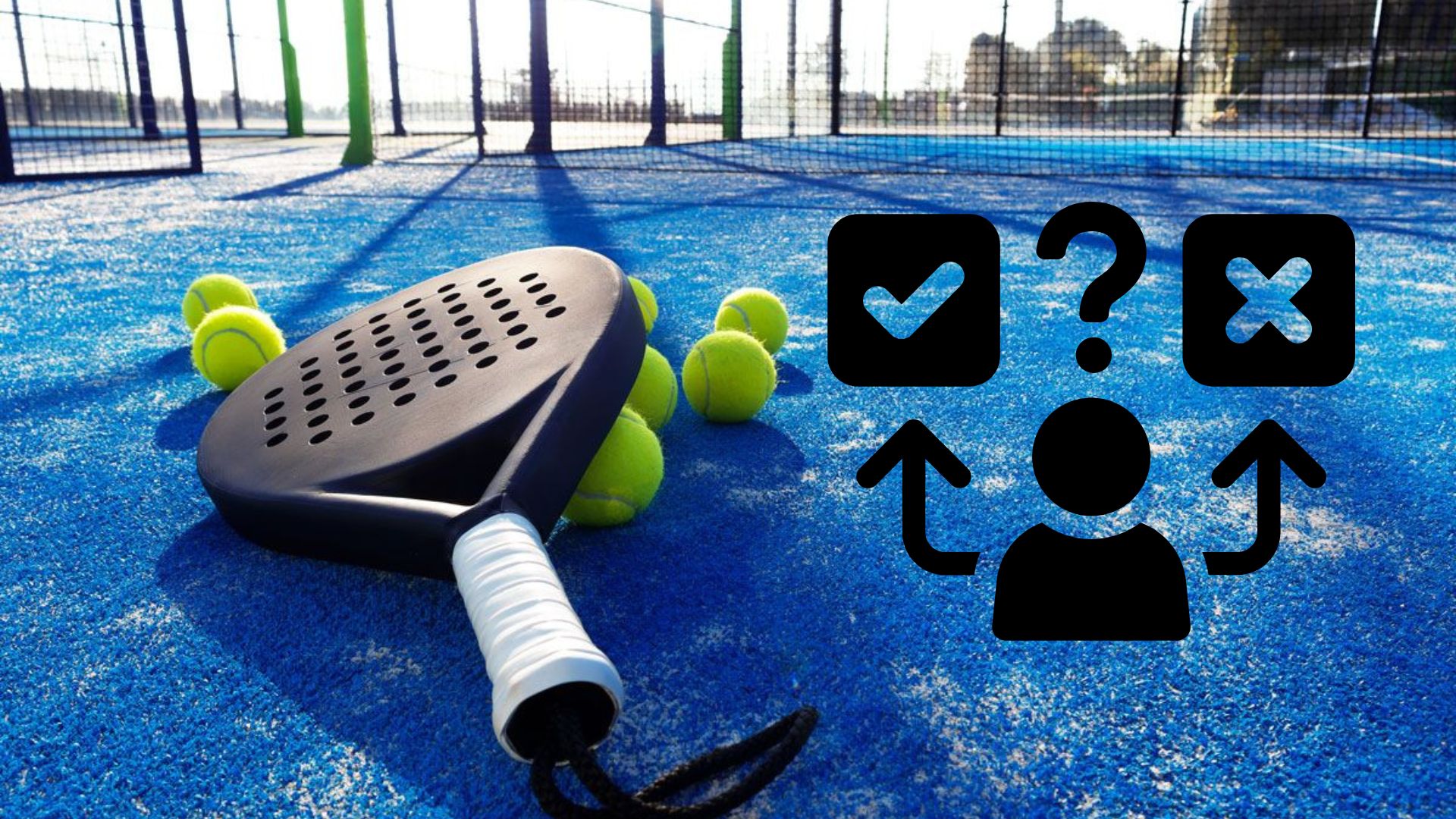 How to effectively test a racket padel ?
How to effectively test a racket padel ?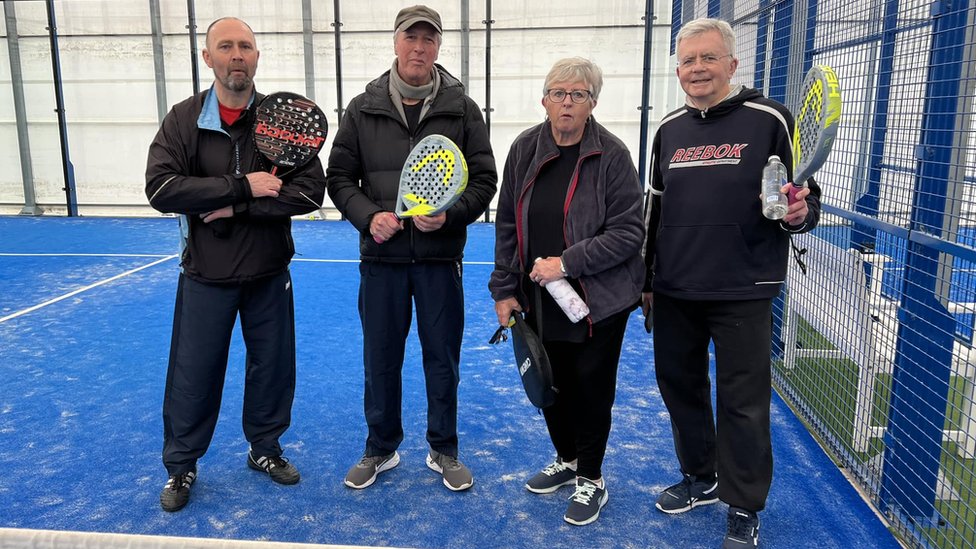 La padel to fight Parkinson's disease
La padel to fight Parkinson's disease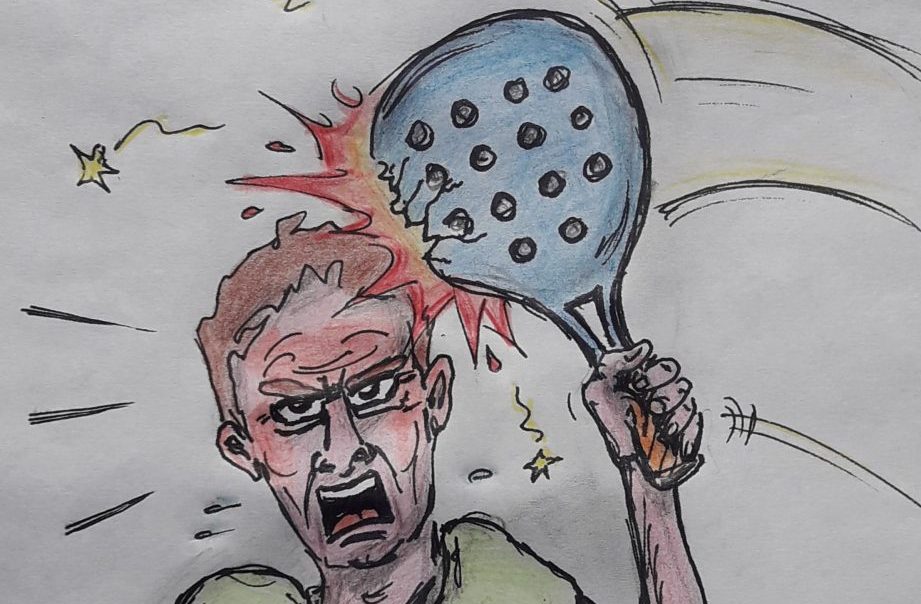 Don't play with a cracked or broken racket, your body will thank you!
Don't play with a cracked or broken racket, your body will thank you! Michel Cymes: “The padel, physically, it’s serious!”
Michel Cymes: “The padel, physically, it’s serious!” Our Top 10 training courses padel in France and Europe
Our Top 10 training courses padel in France and Europe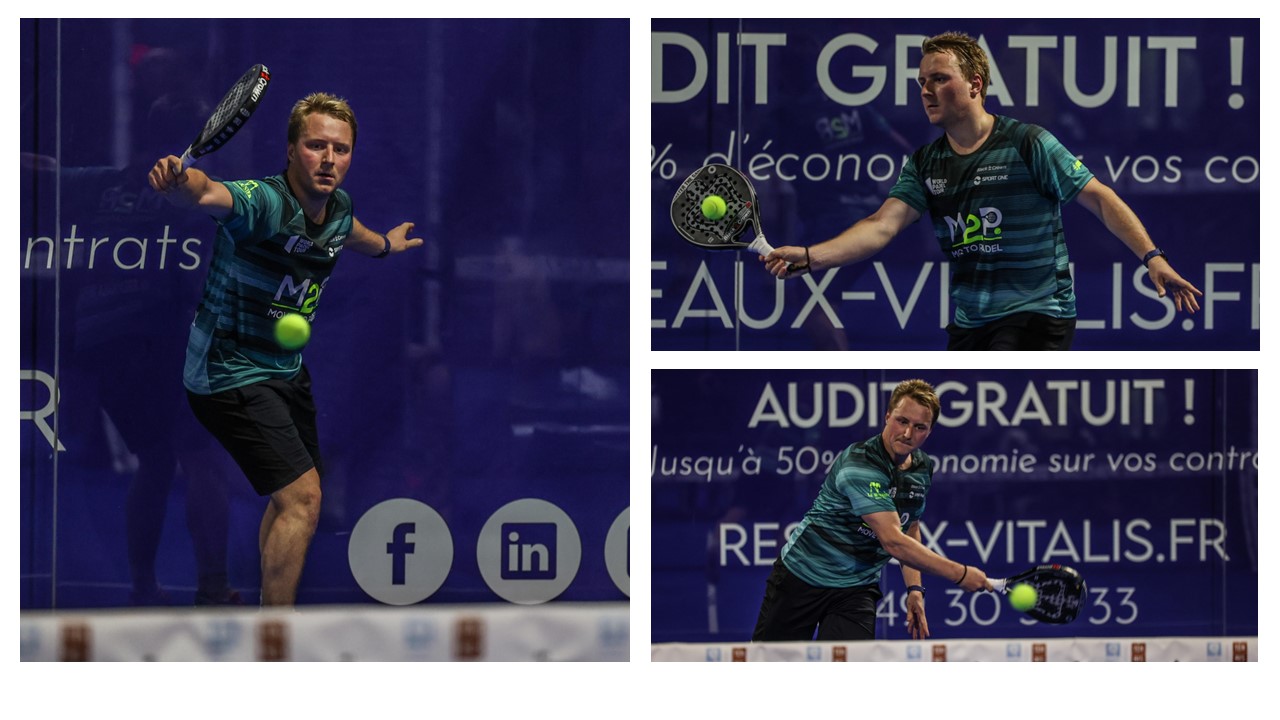 Jeremy Gala: “Promote the padel among young people in Belgium remains a challenge”
Jeremy Gala: “Promote the padel among young people in Belgium remains a challenge”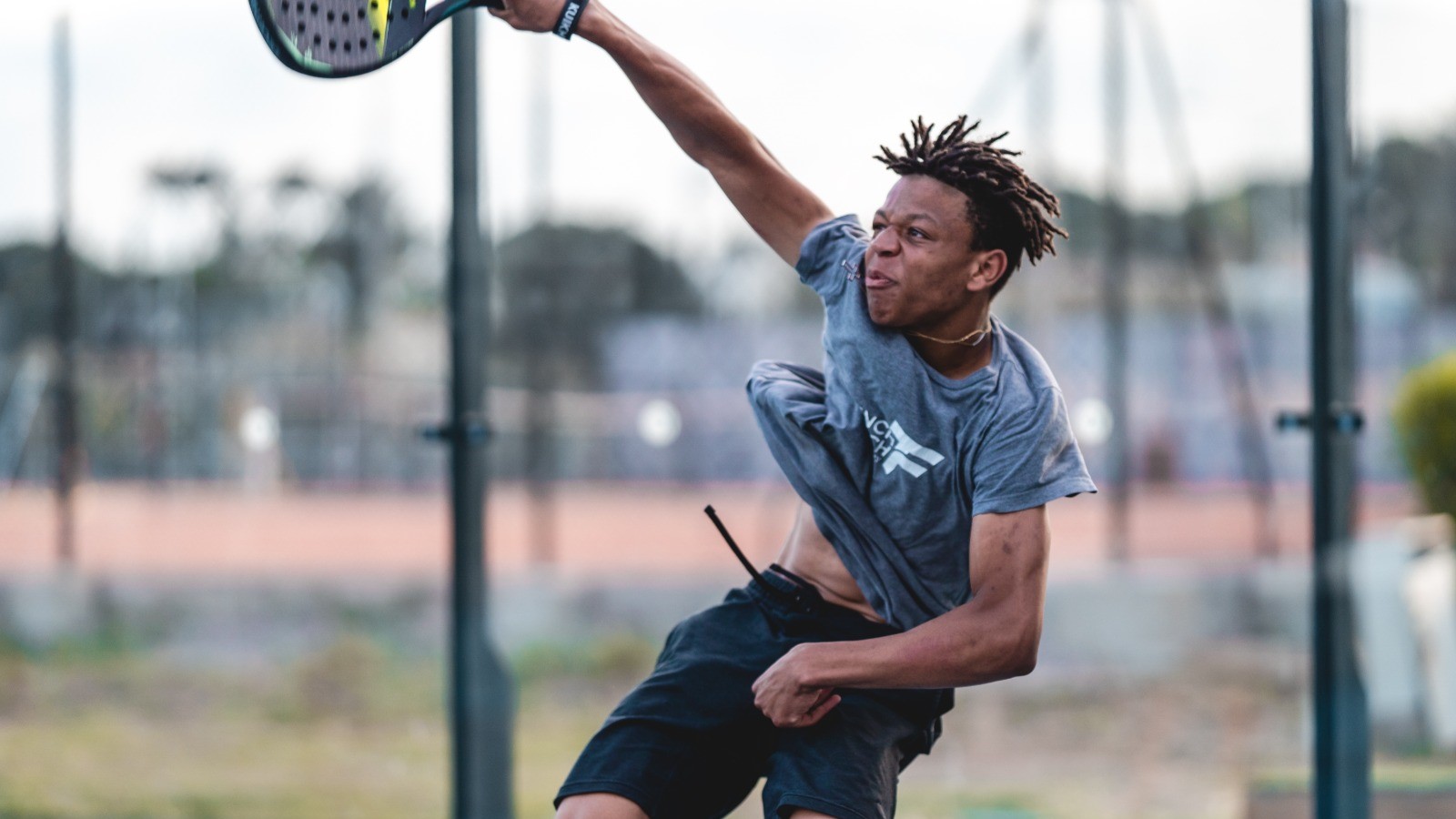 The French Touch Academy organizes its selection day Padel-Study
The French Touch Academy organizes its selection day Padel-Study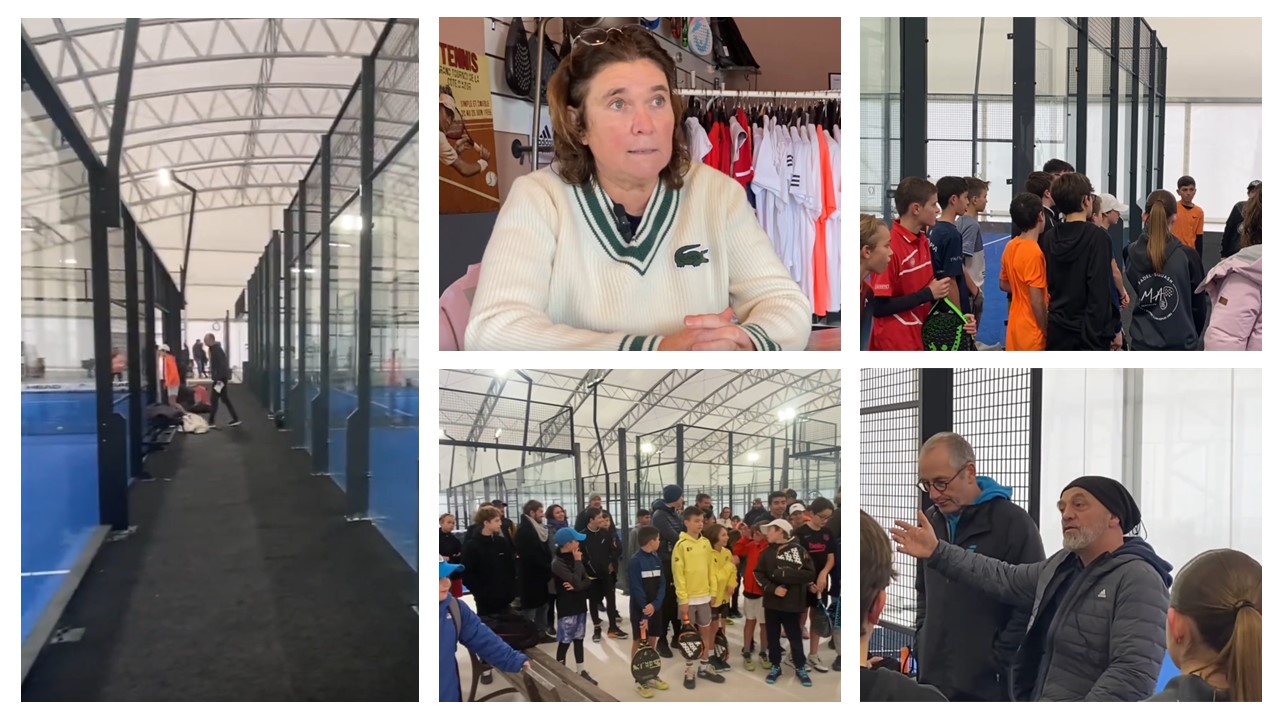 Report on the detection and training of younger generations
Report on the detection and training of younger generations